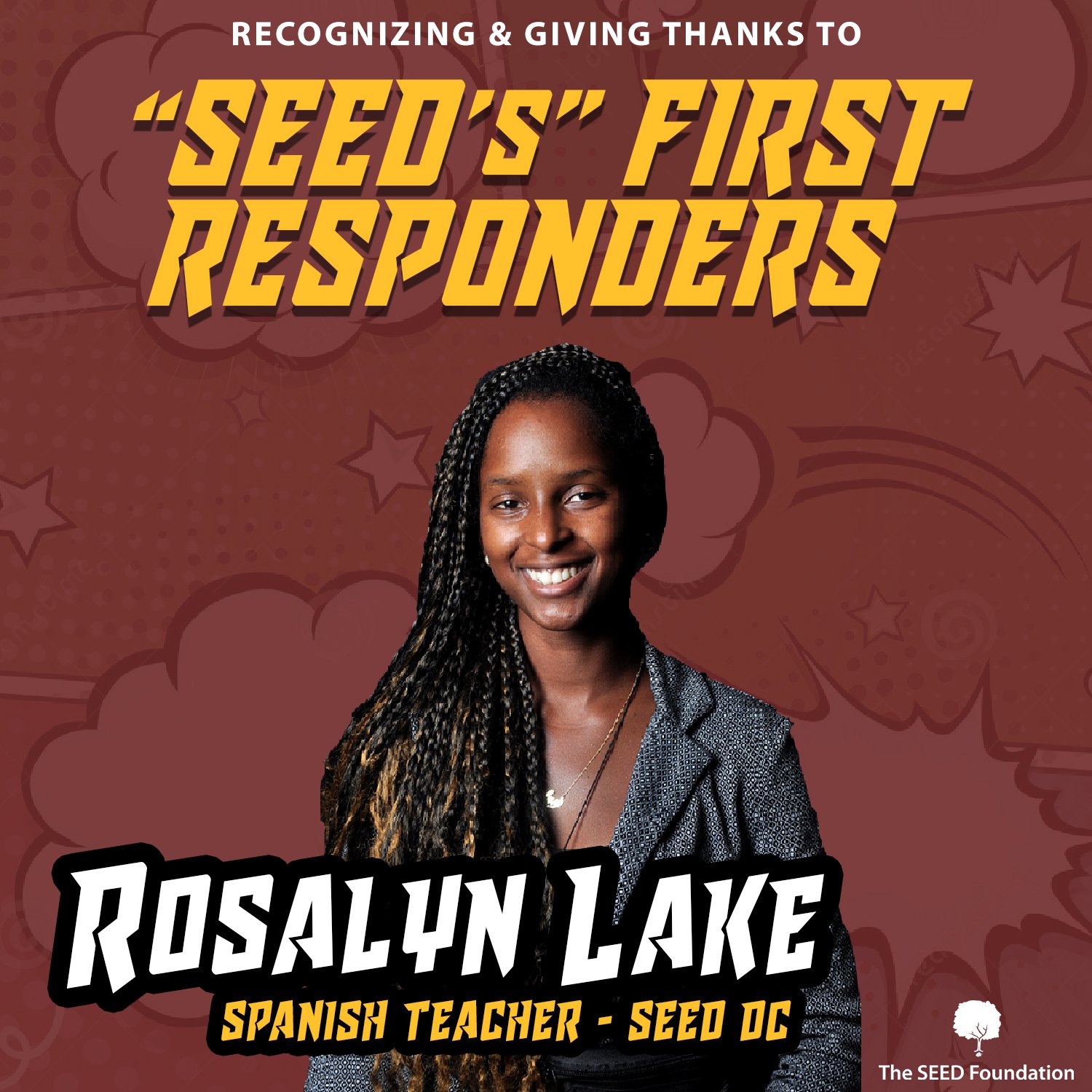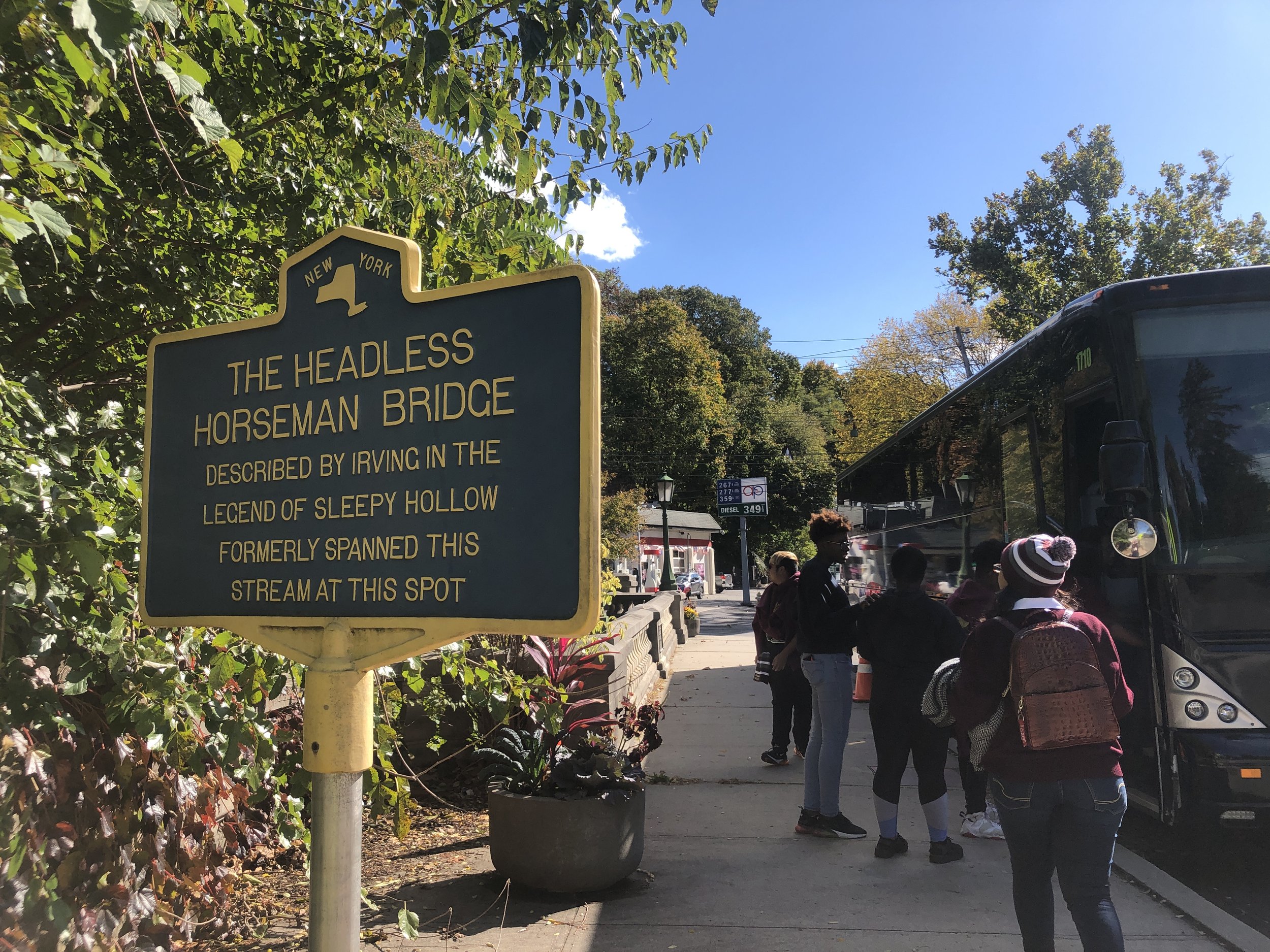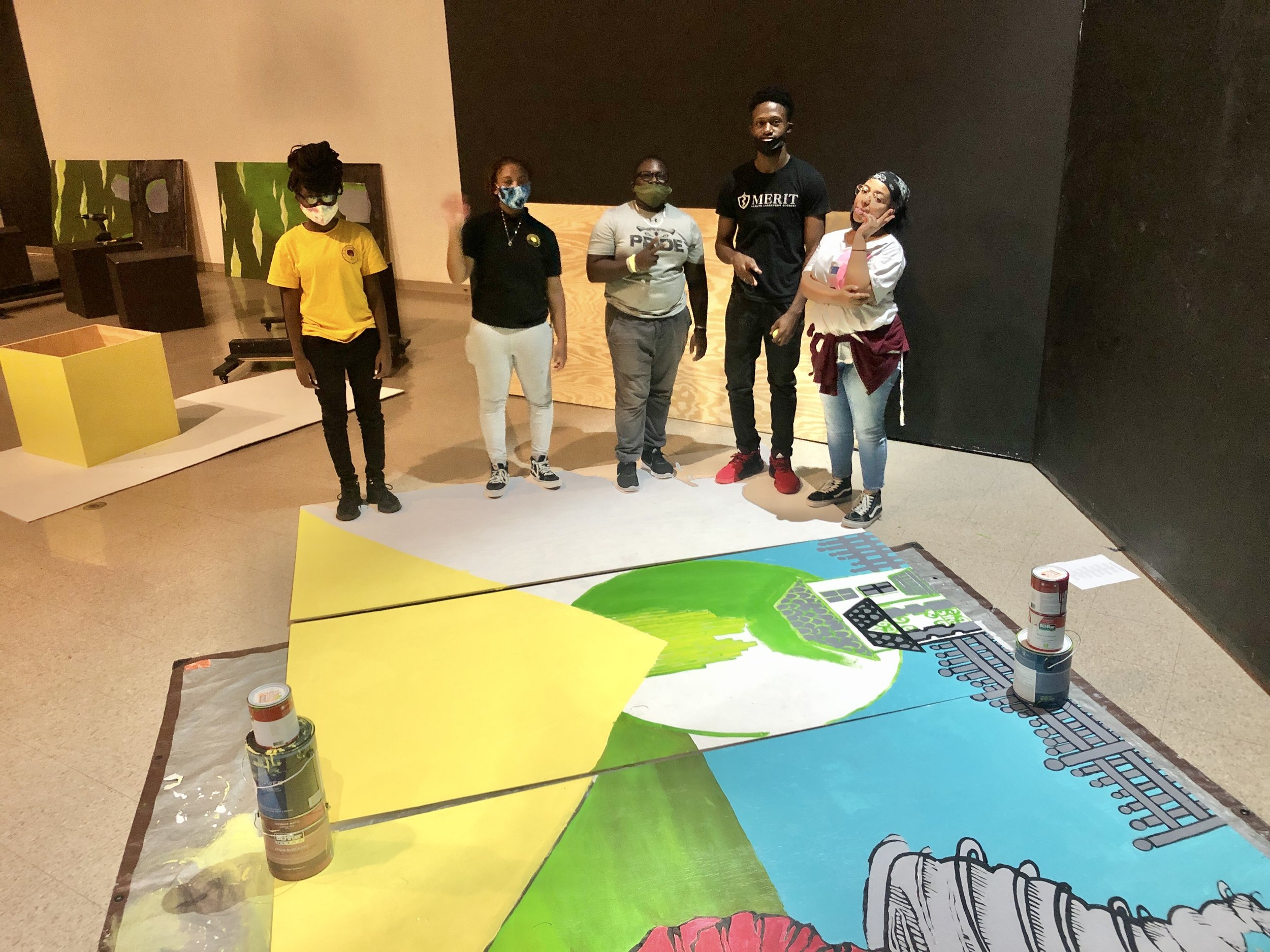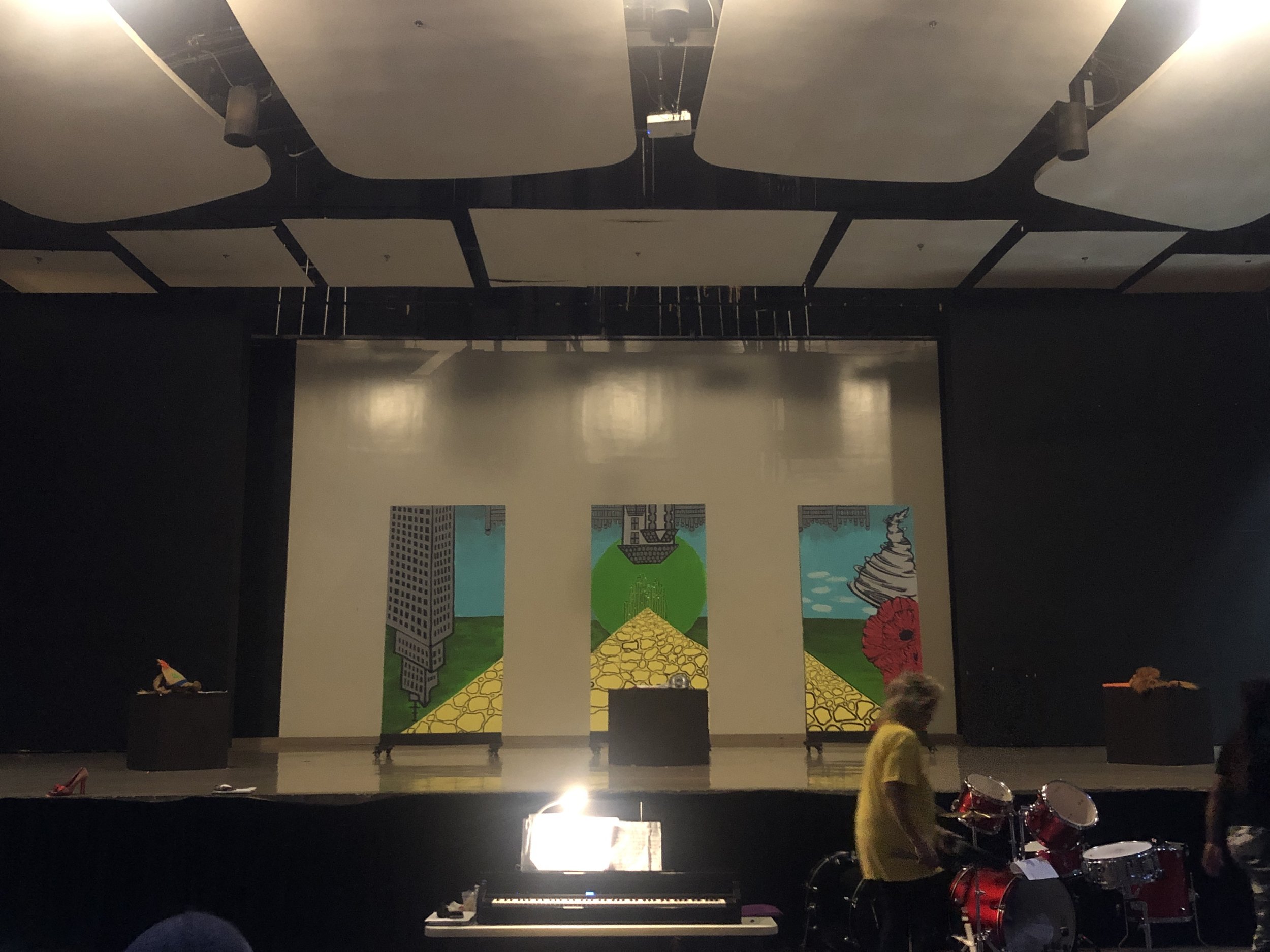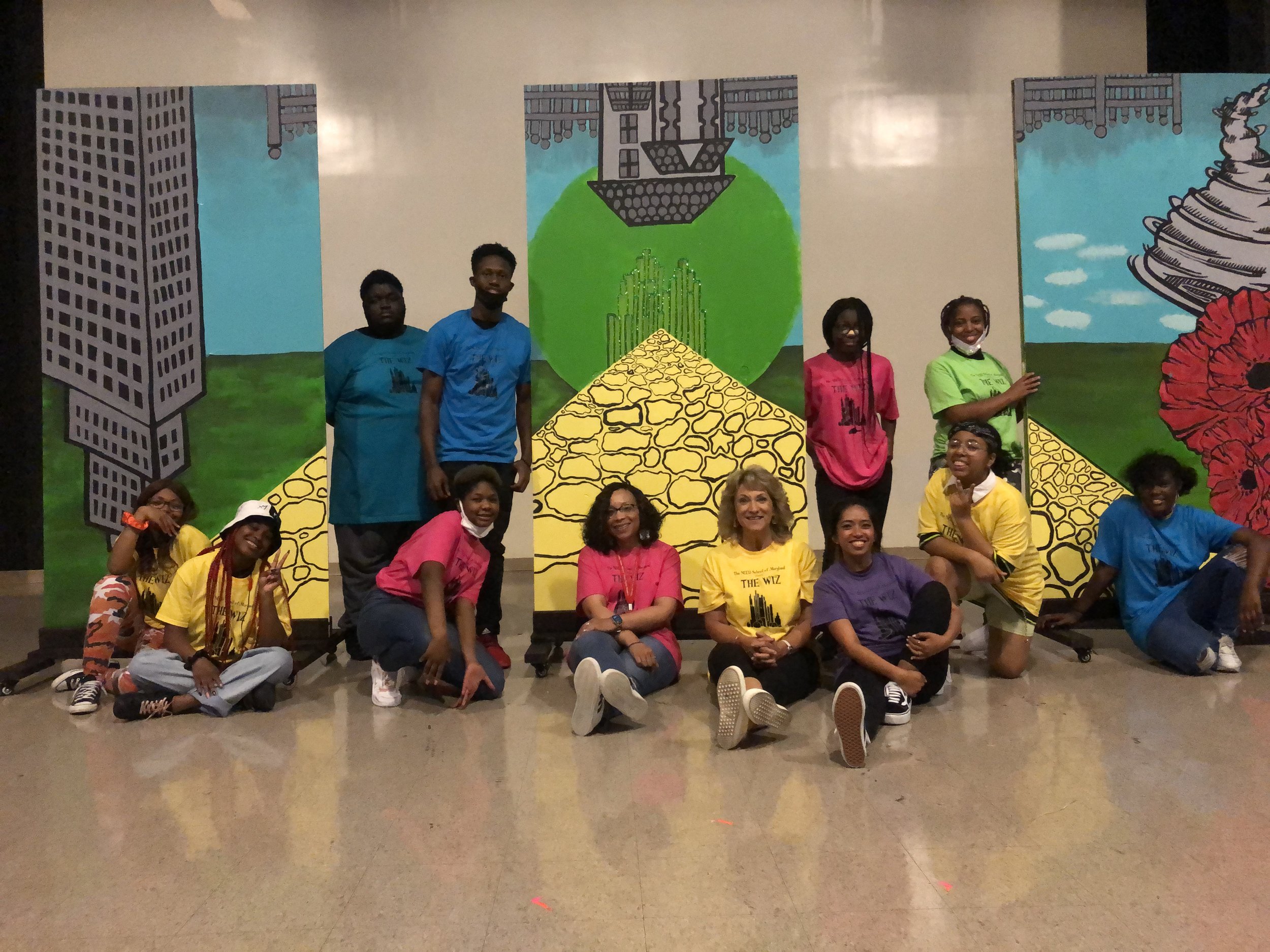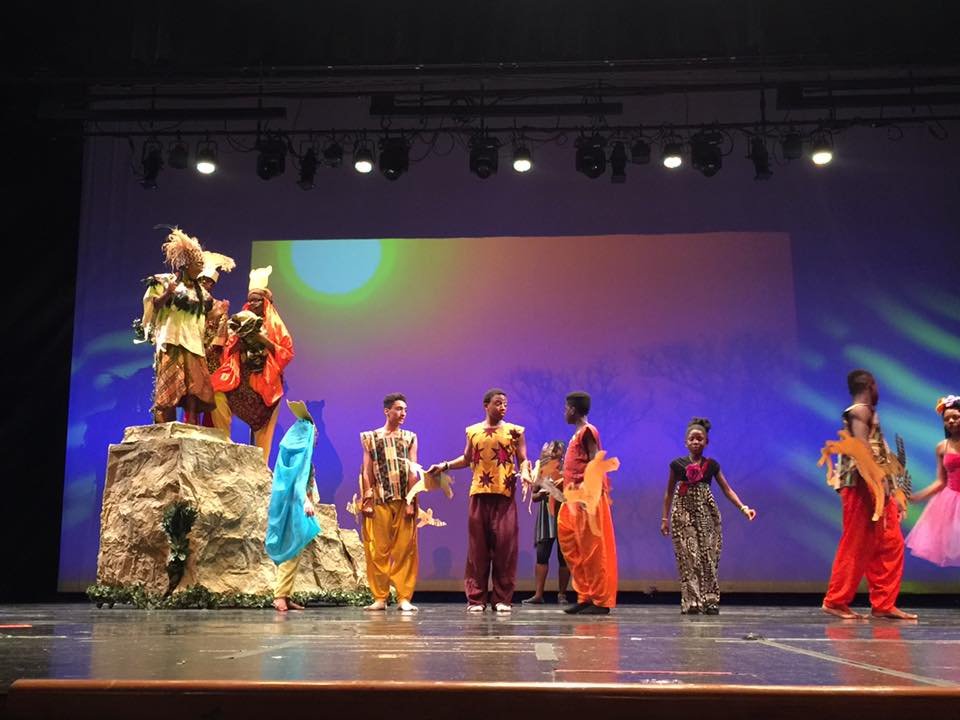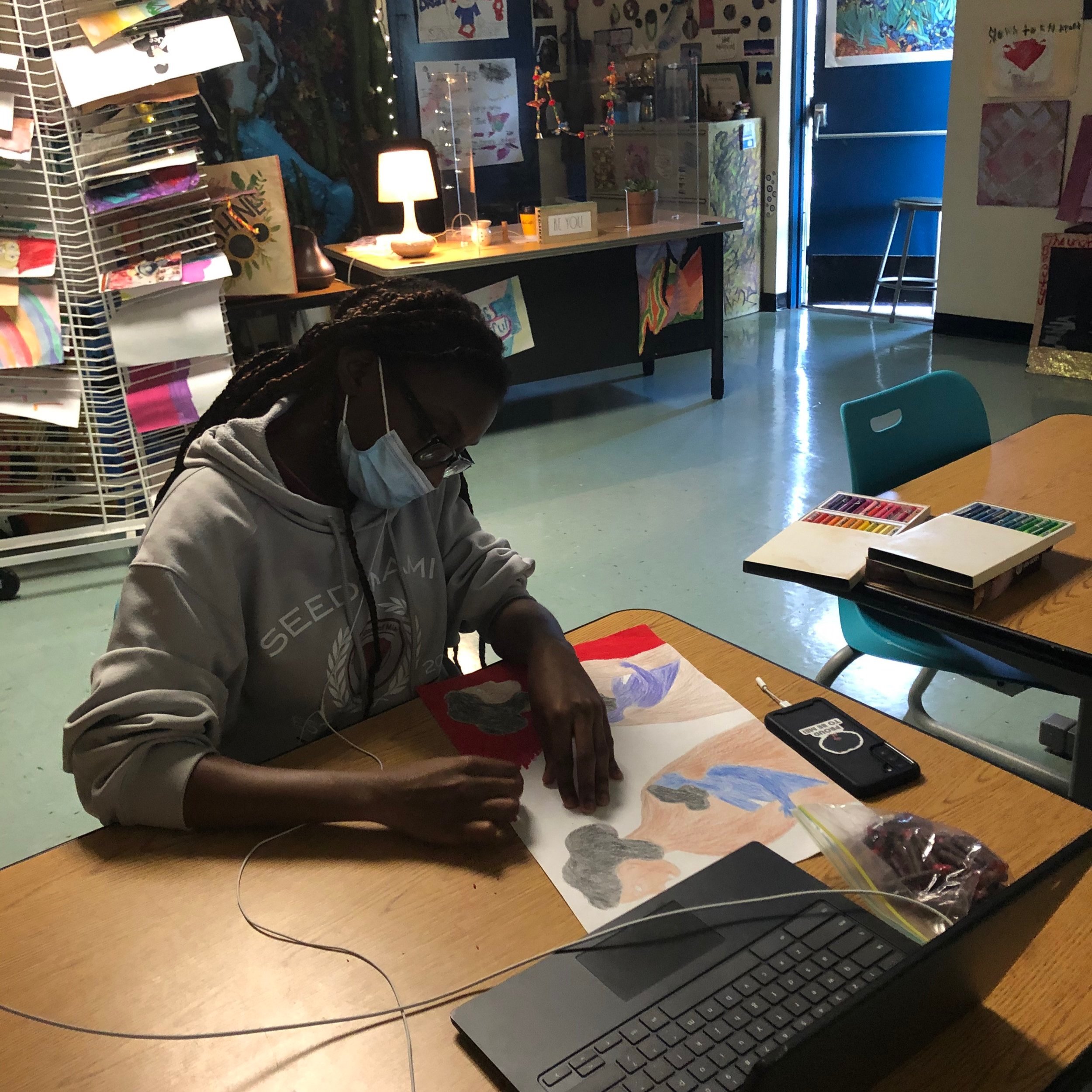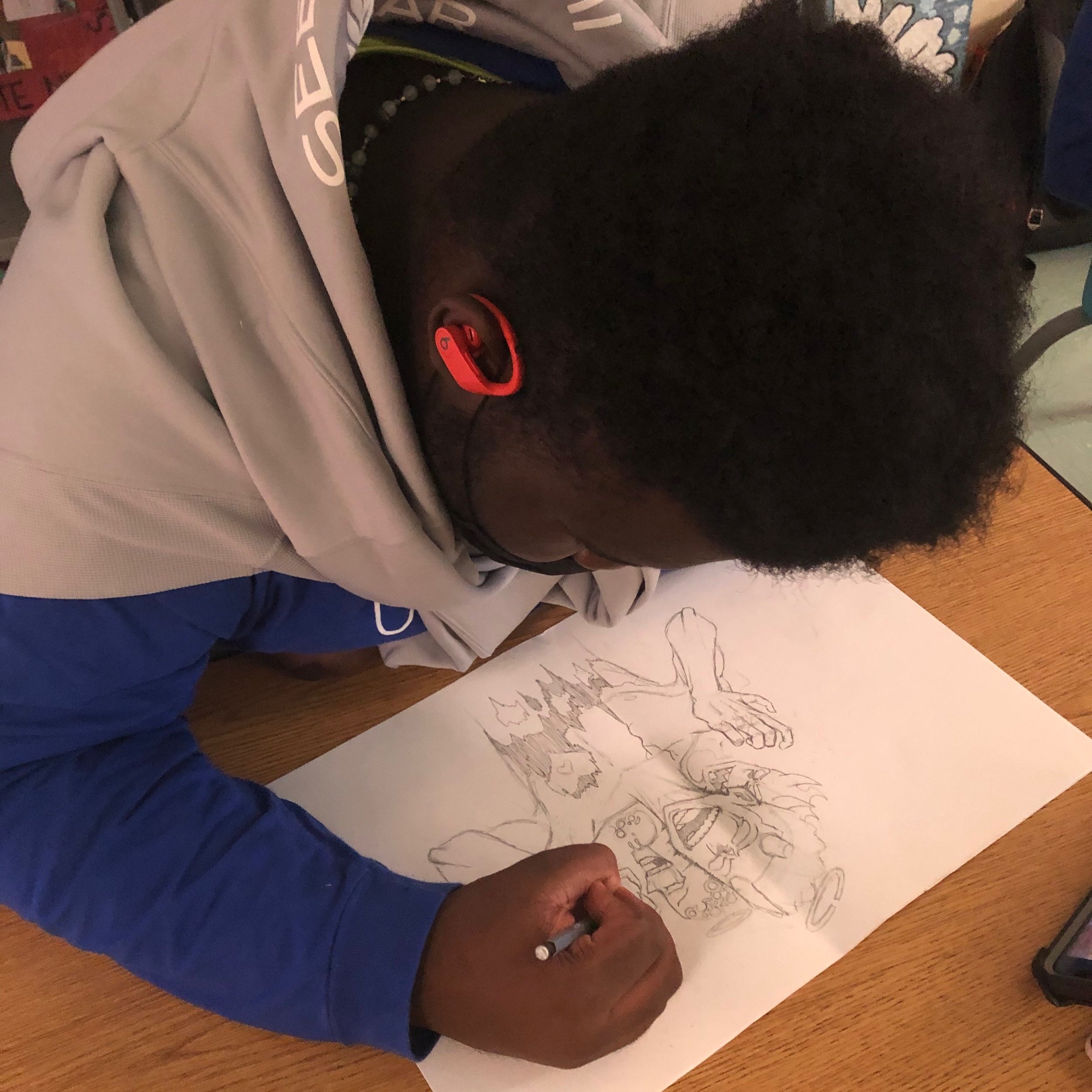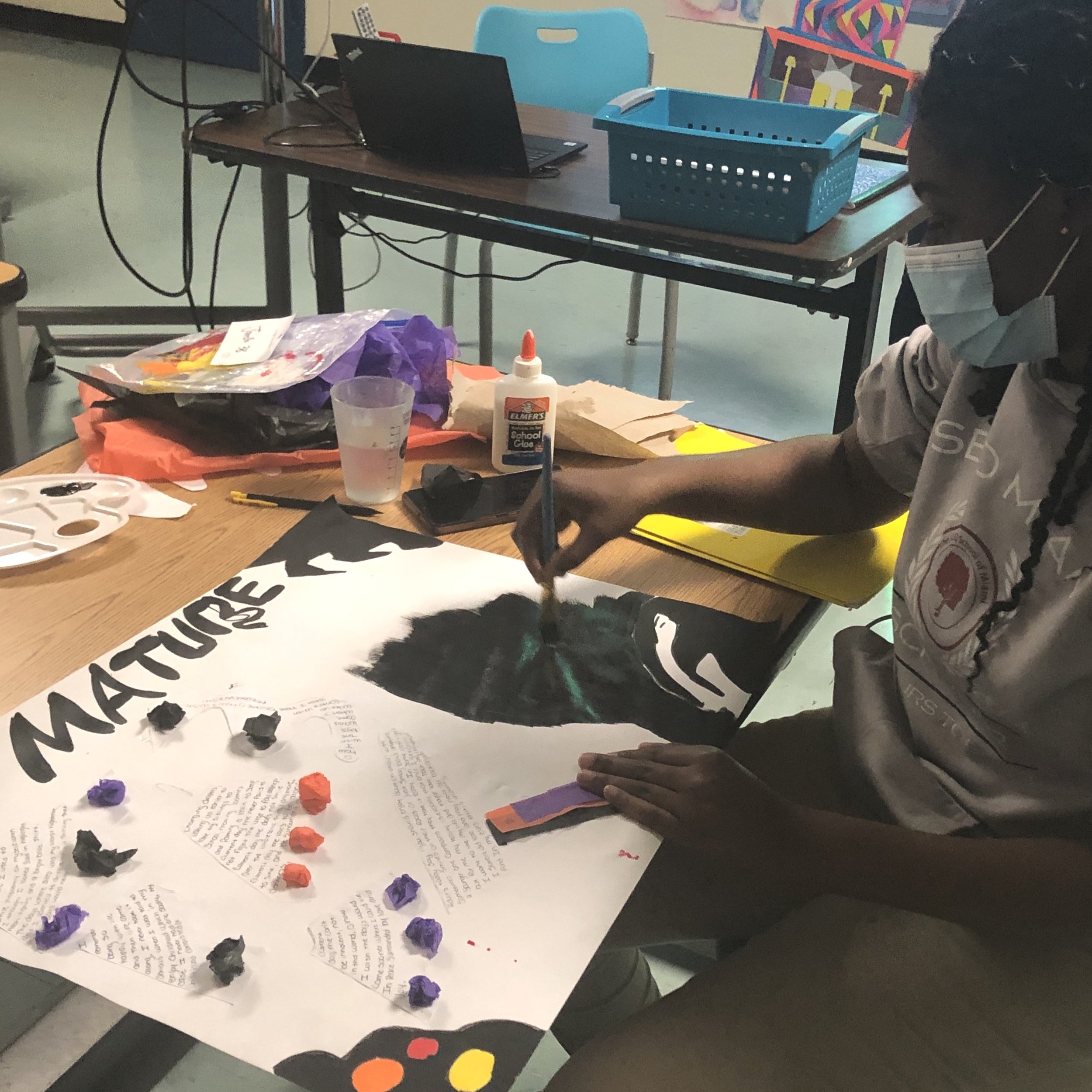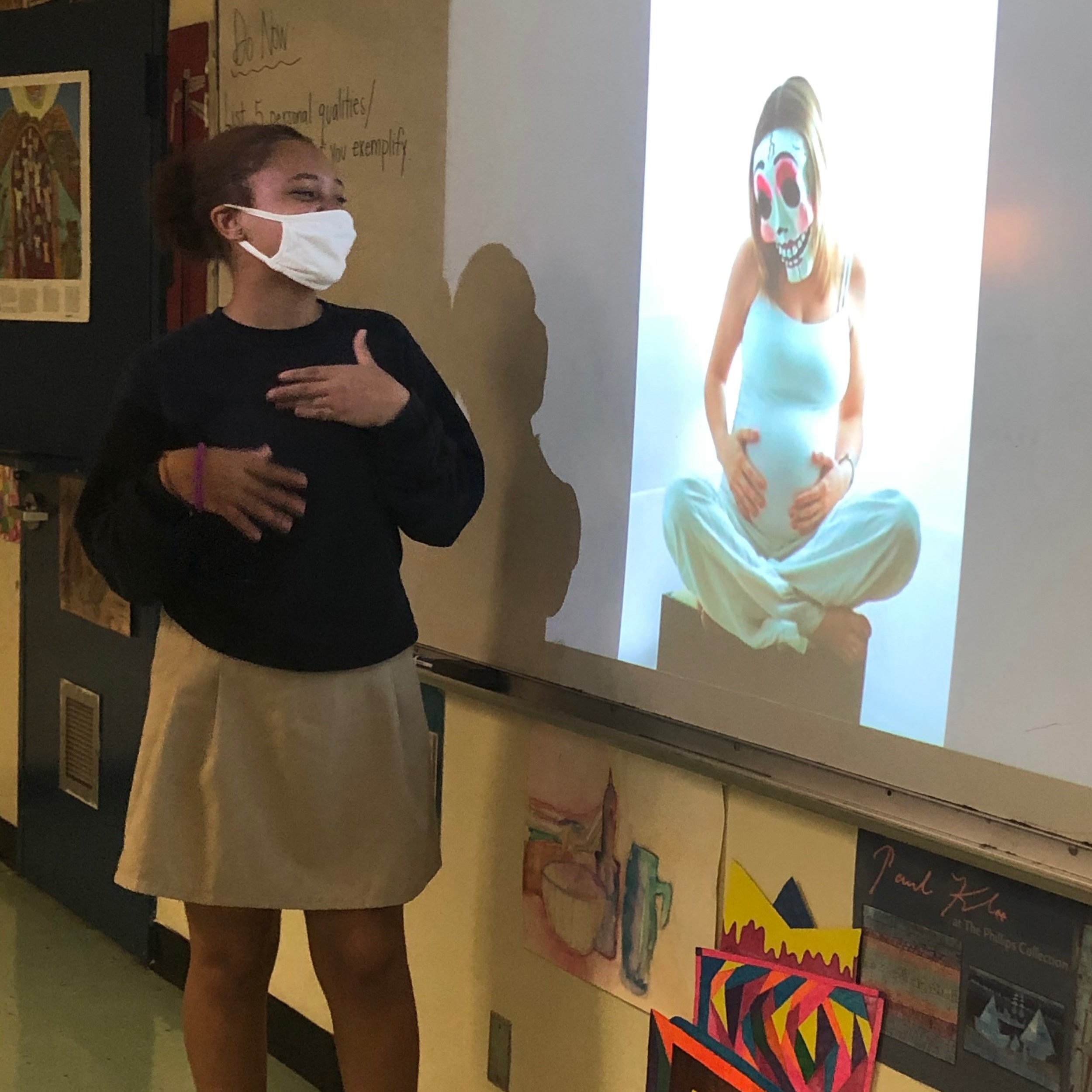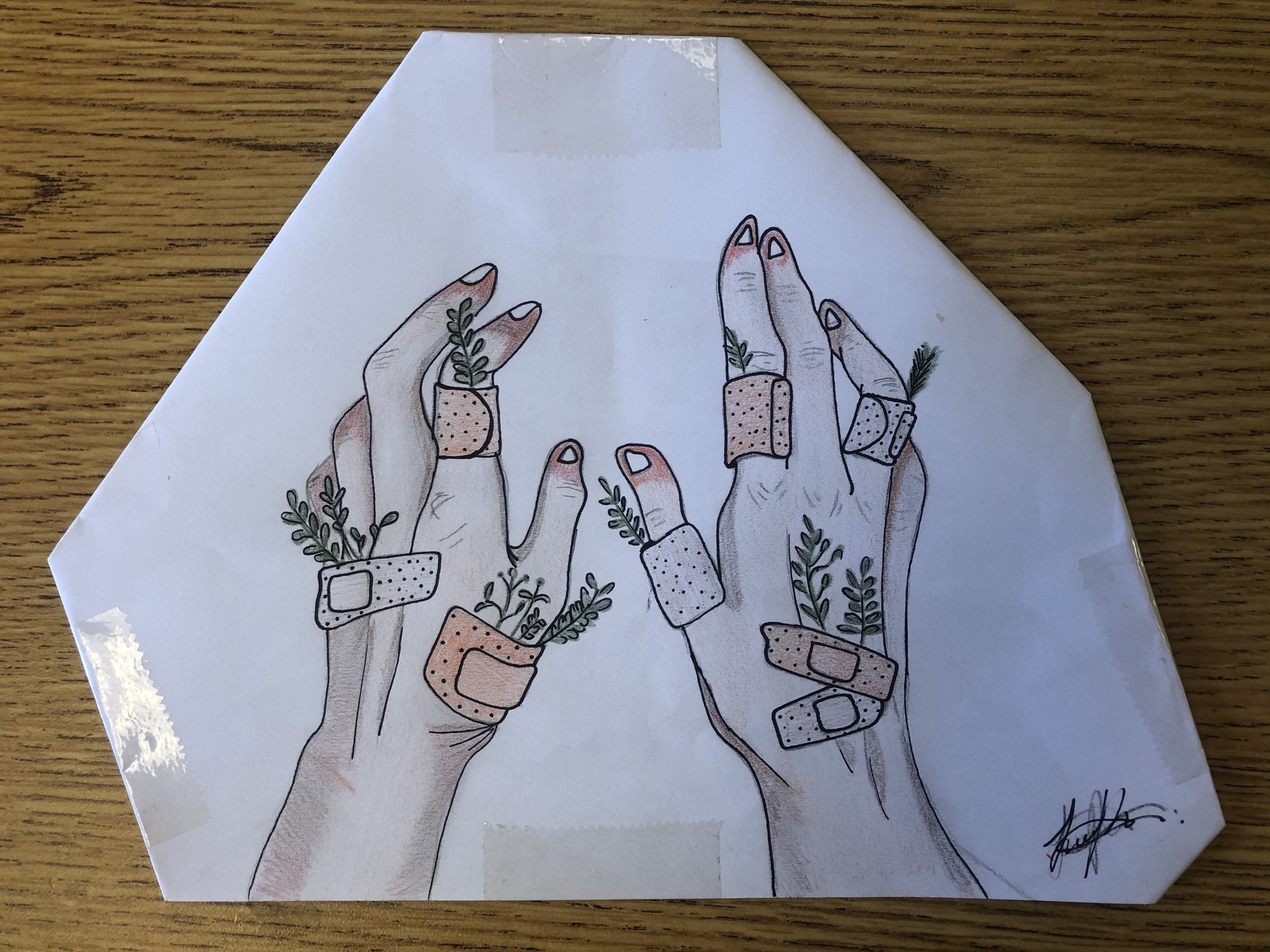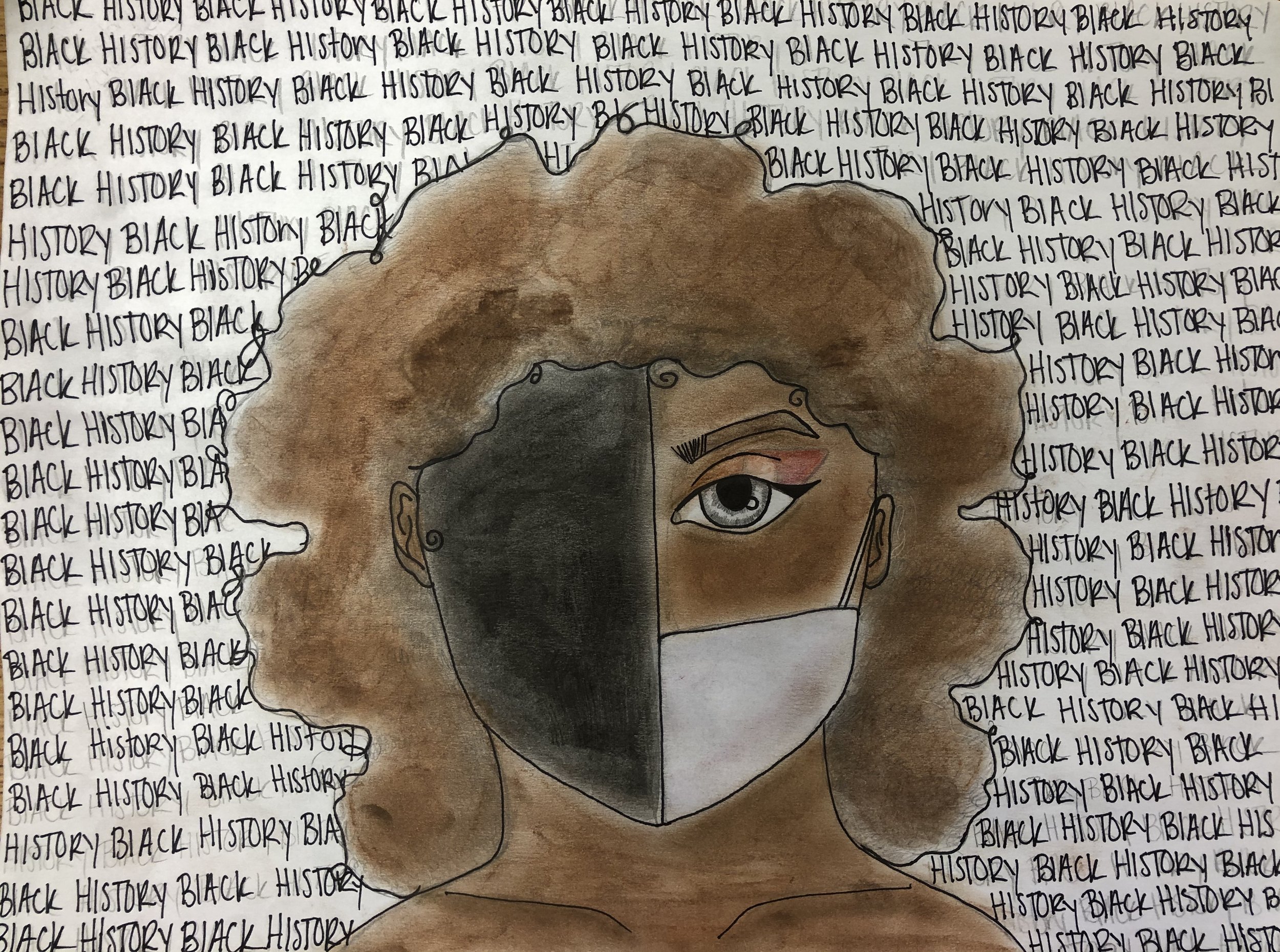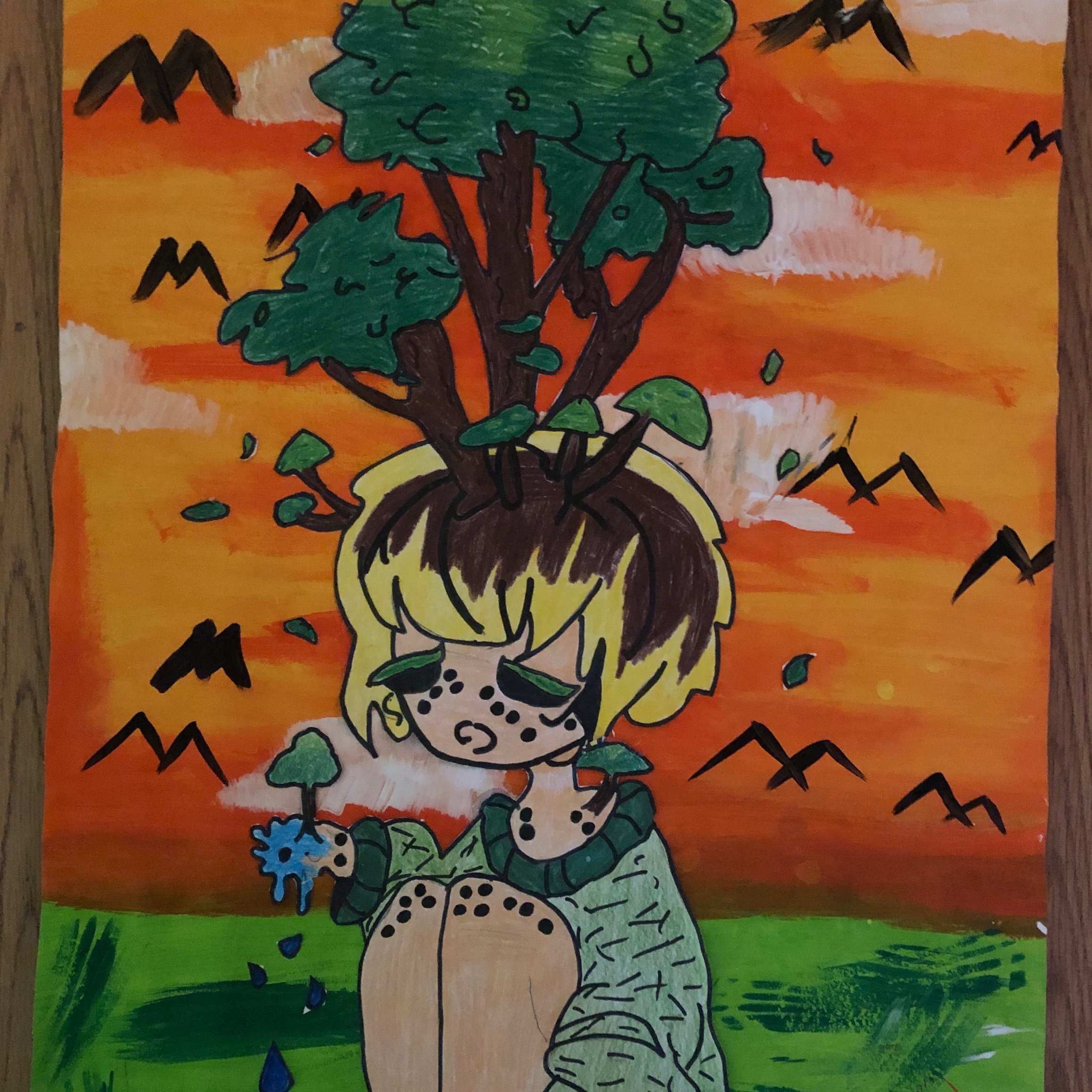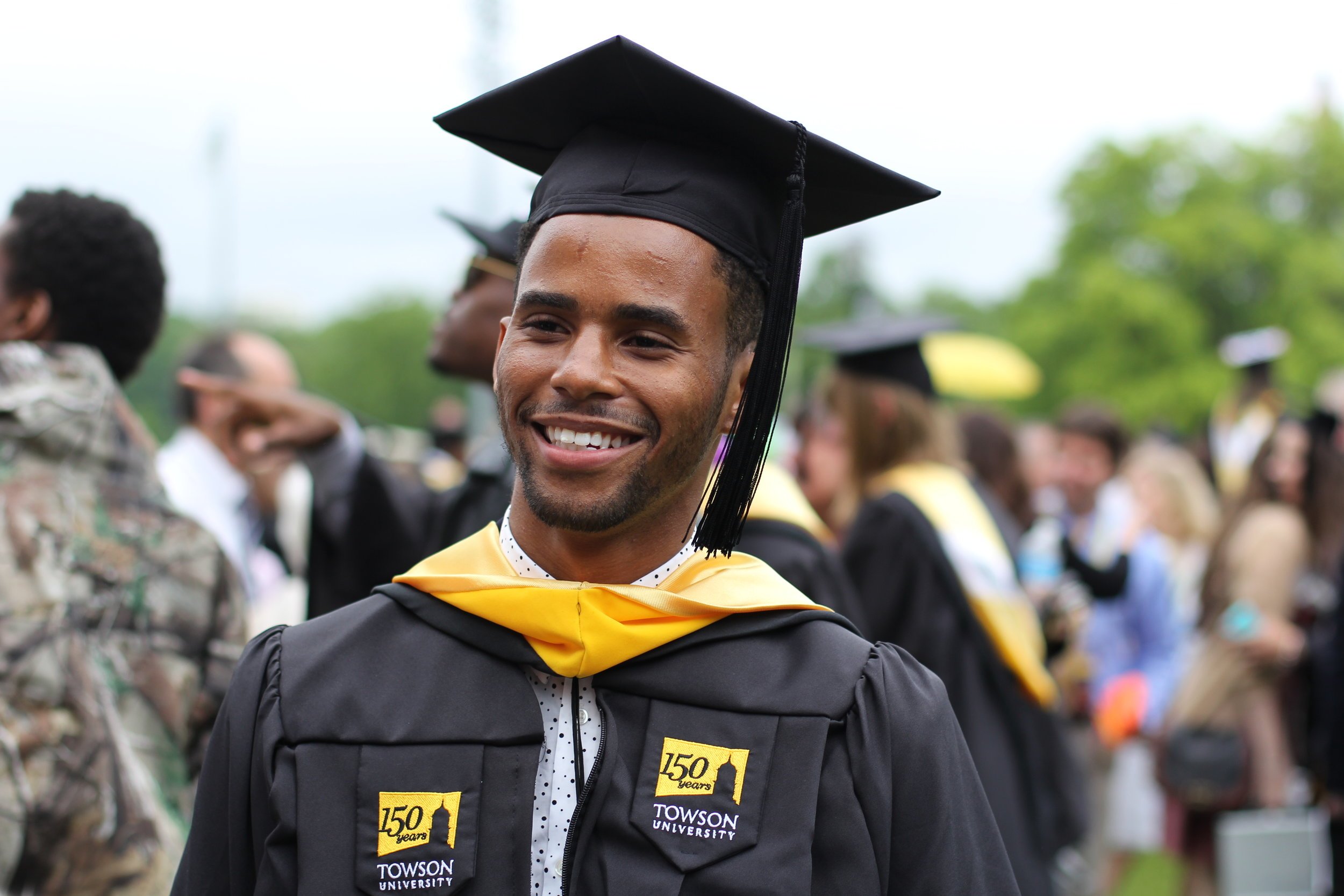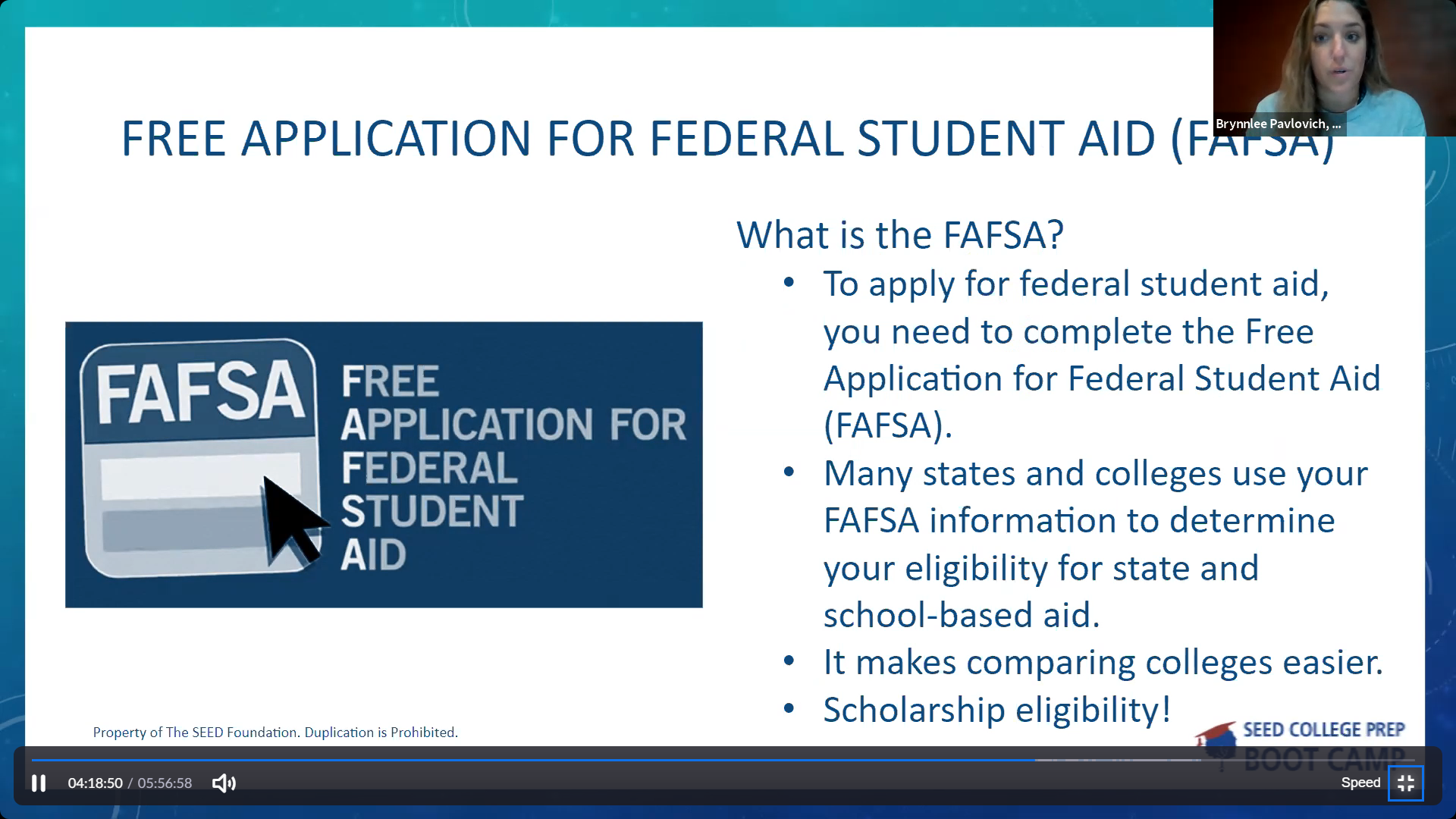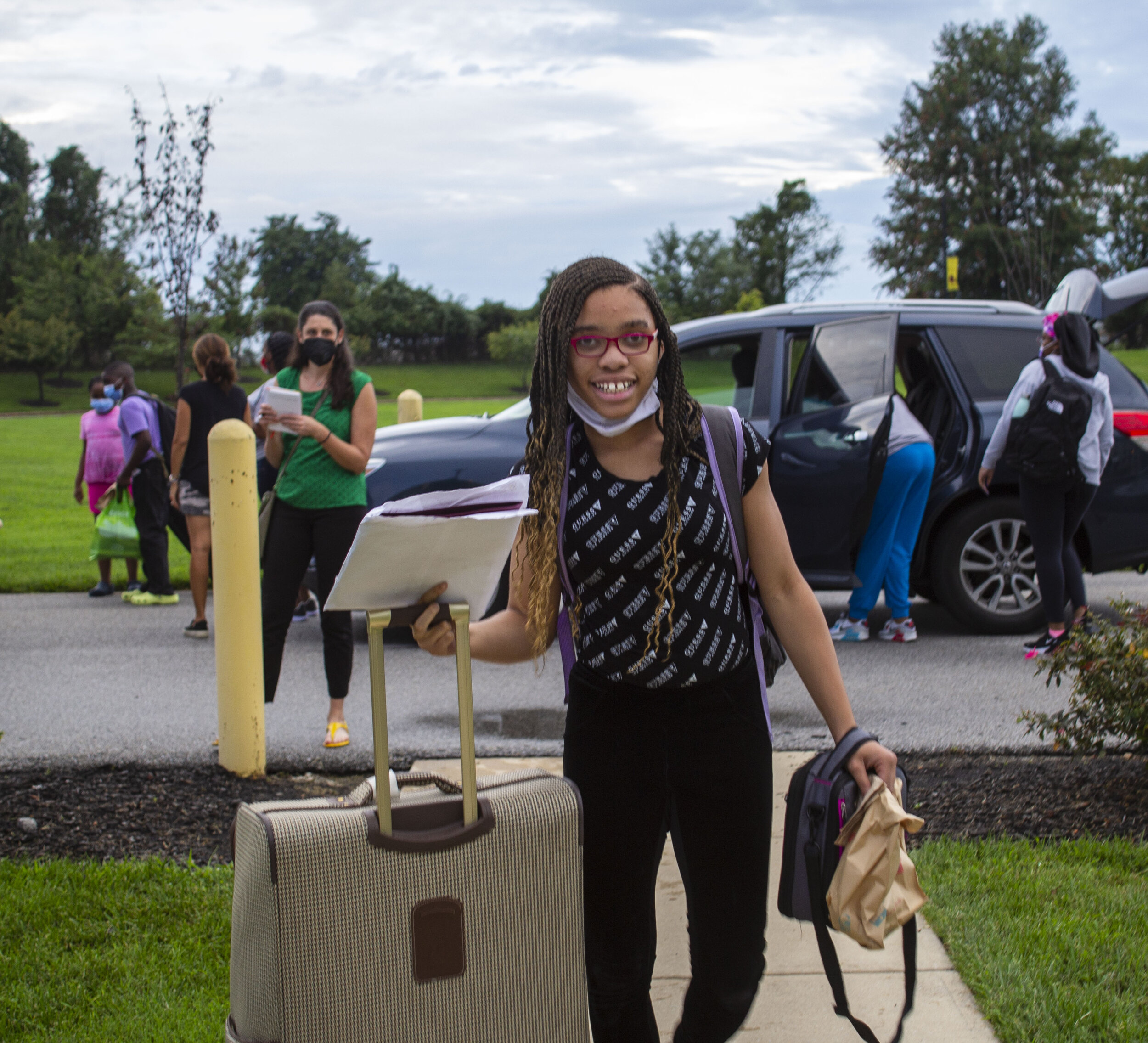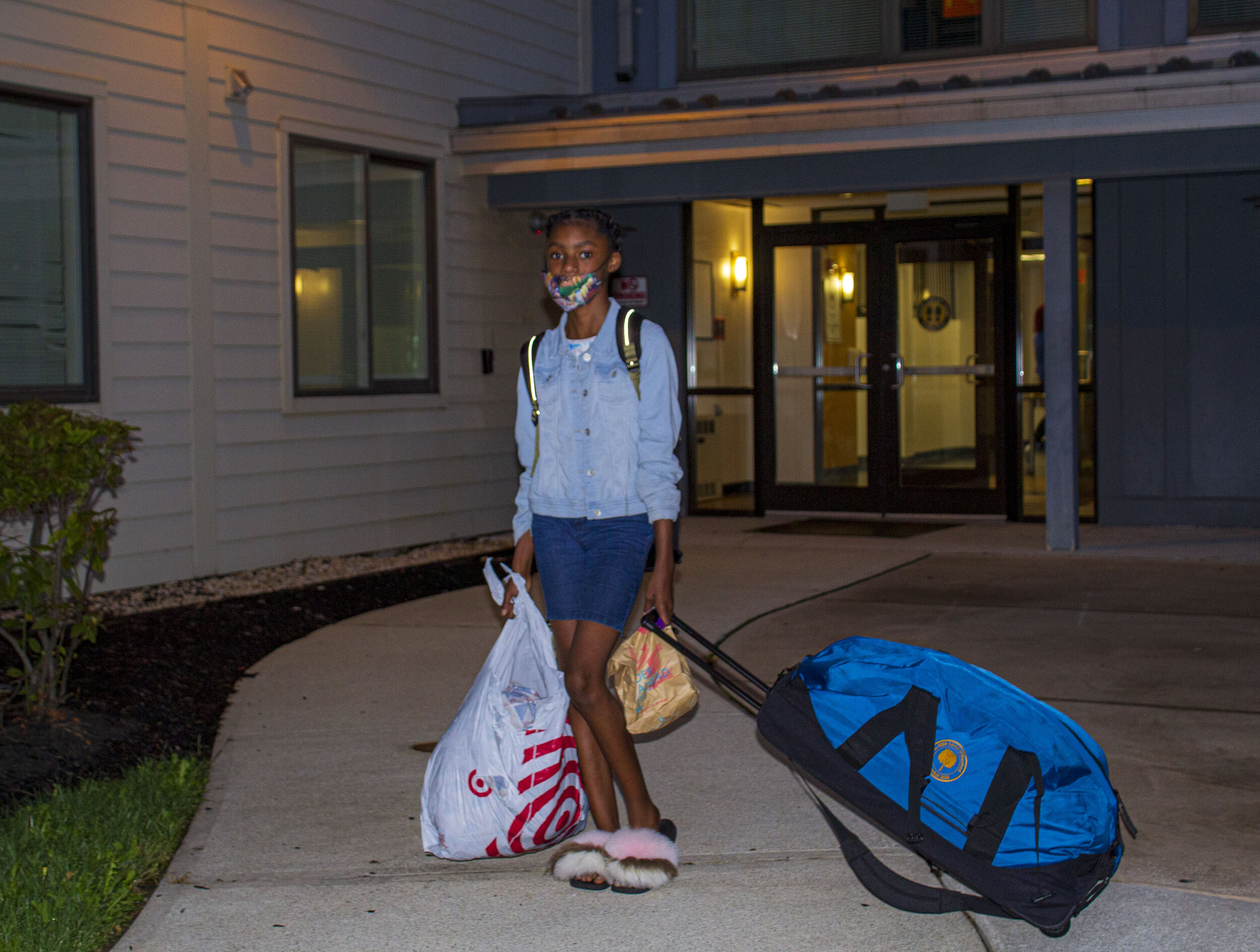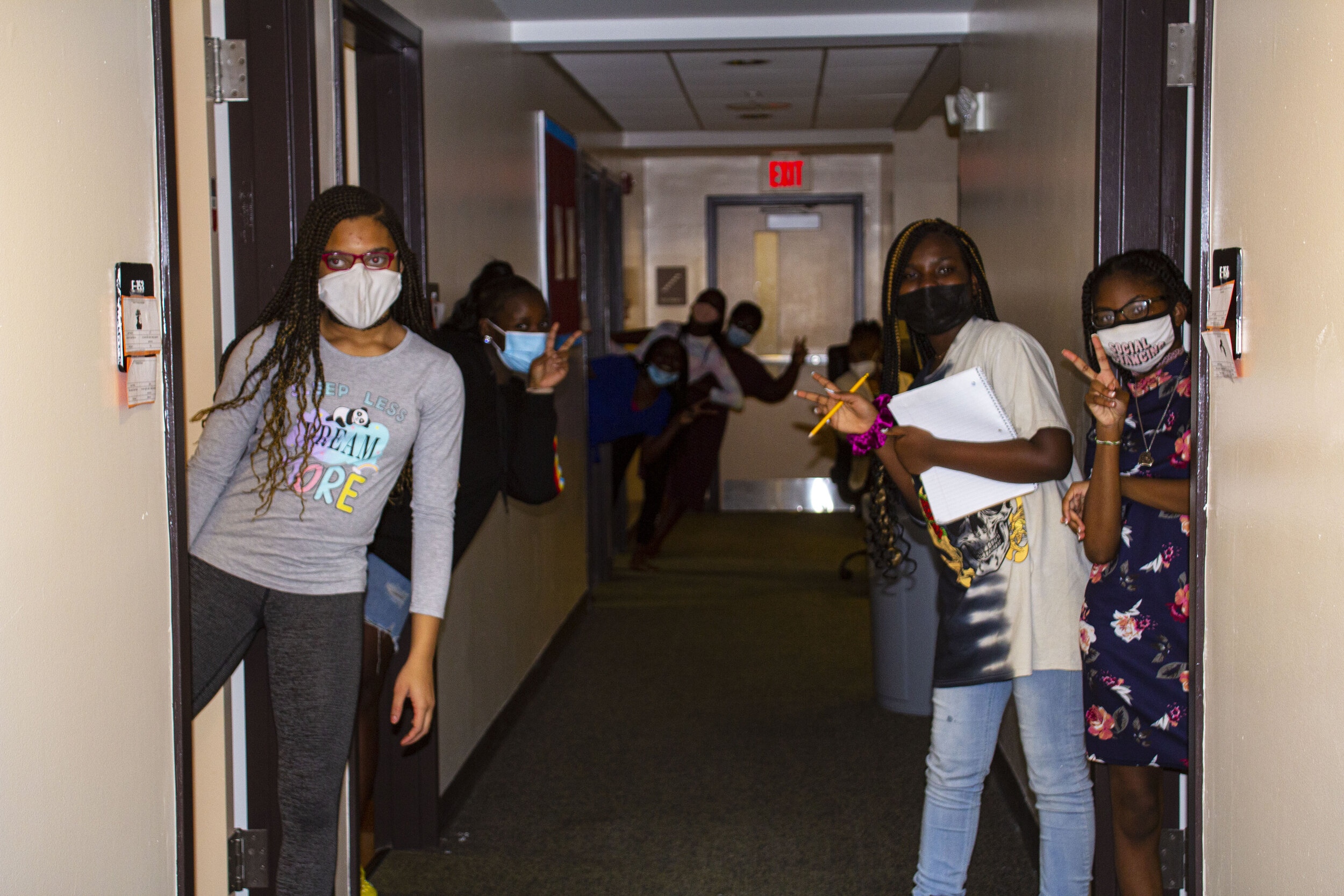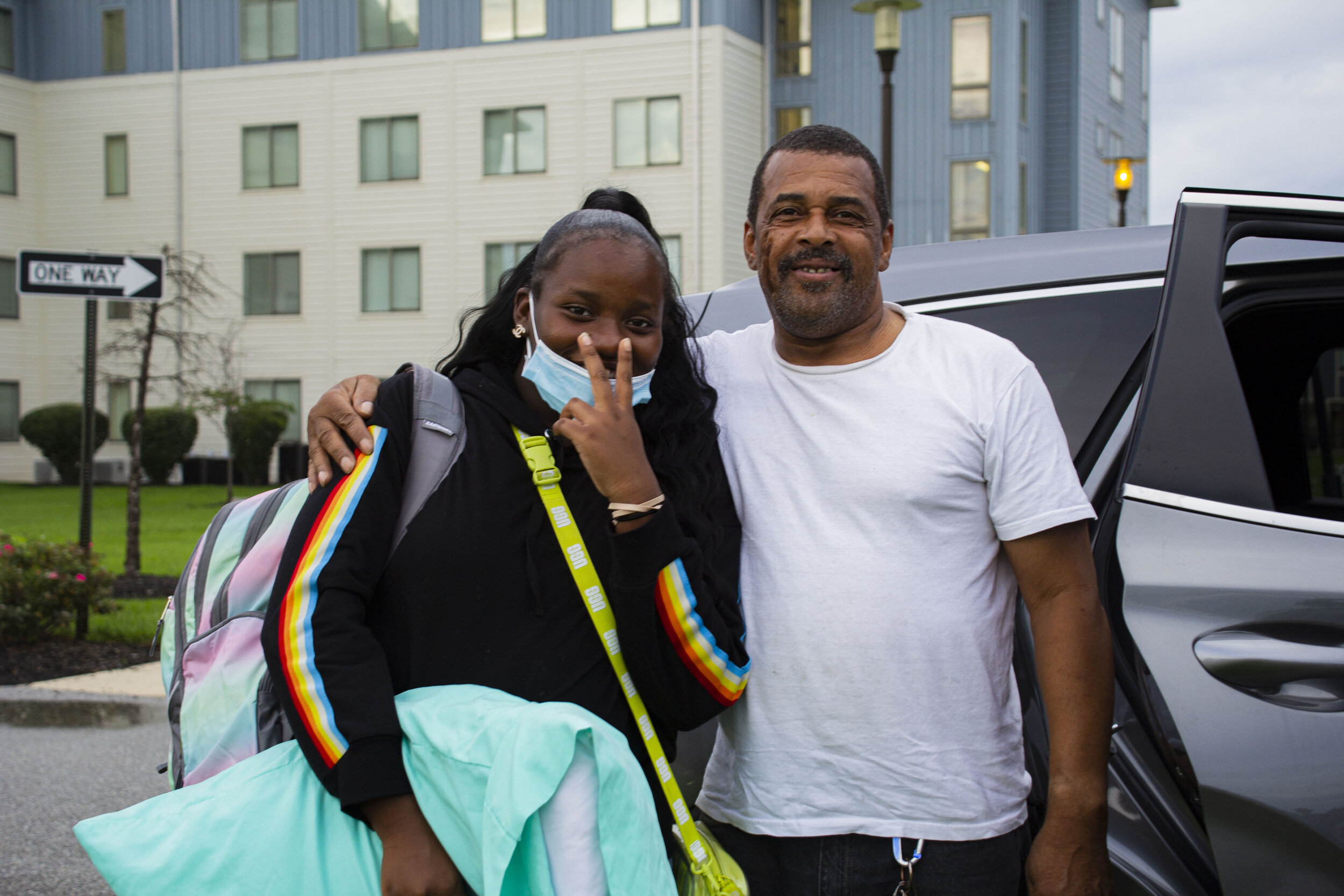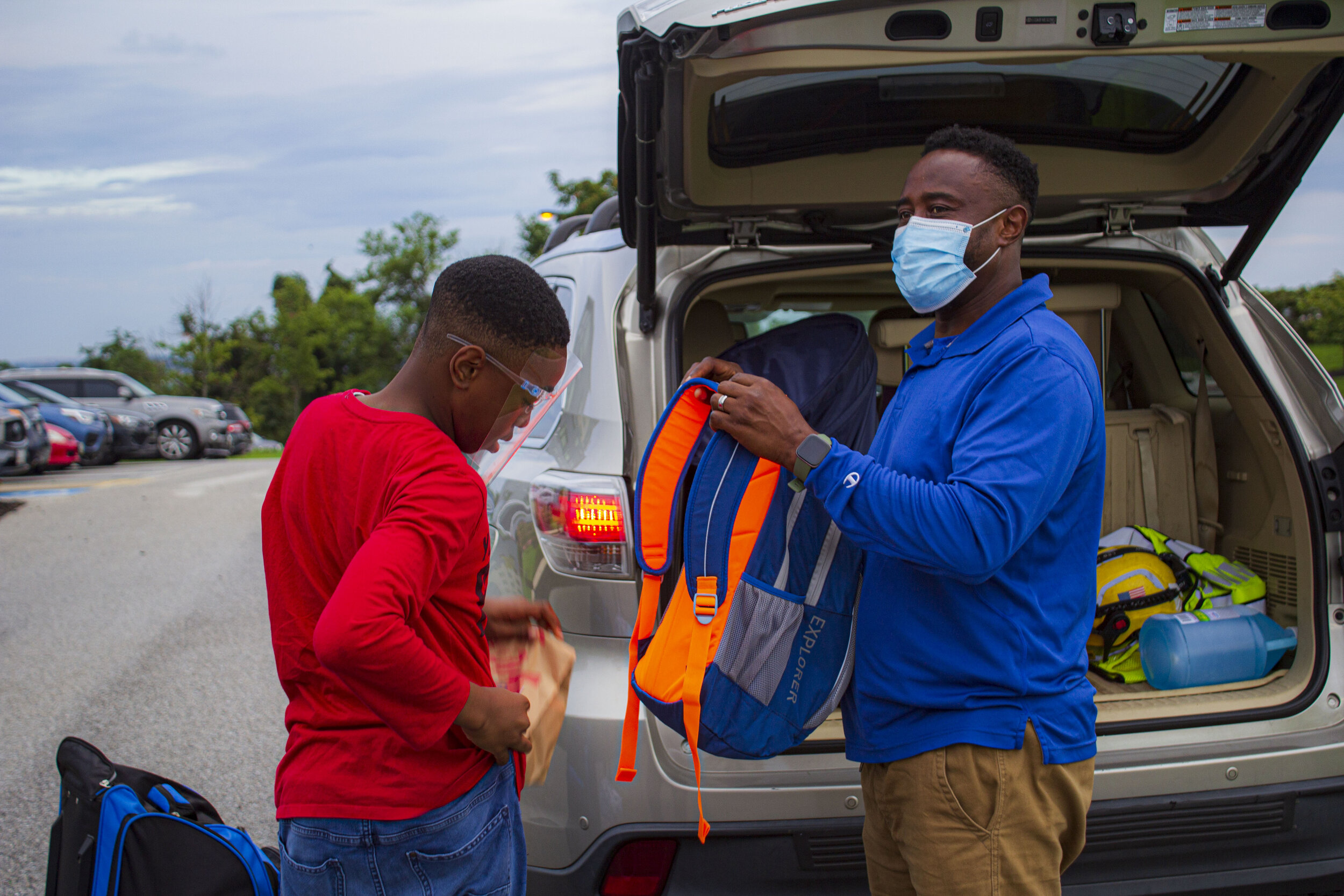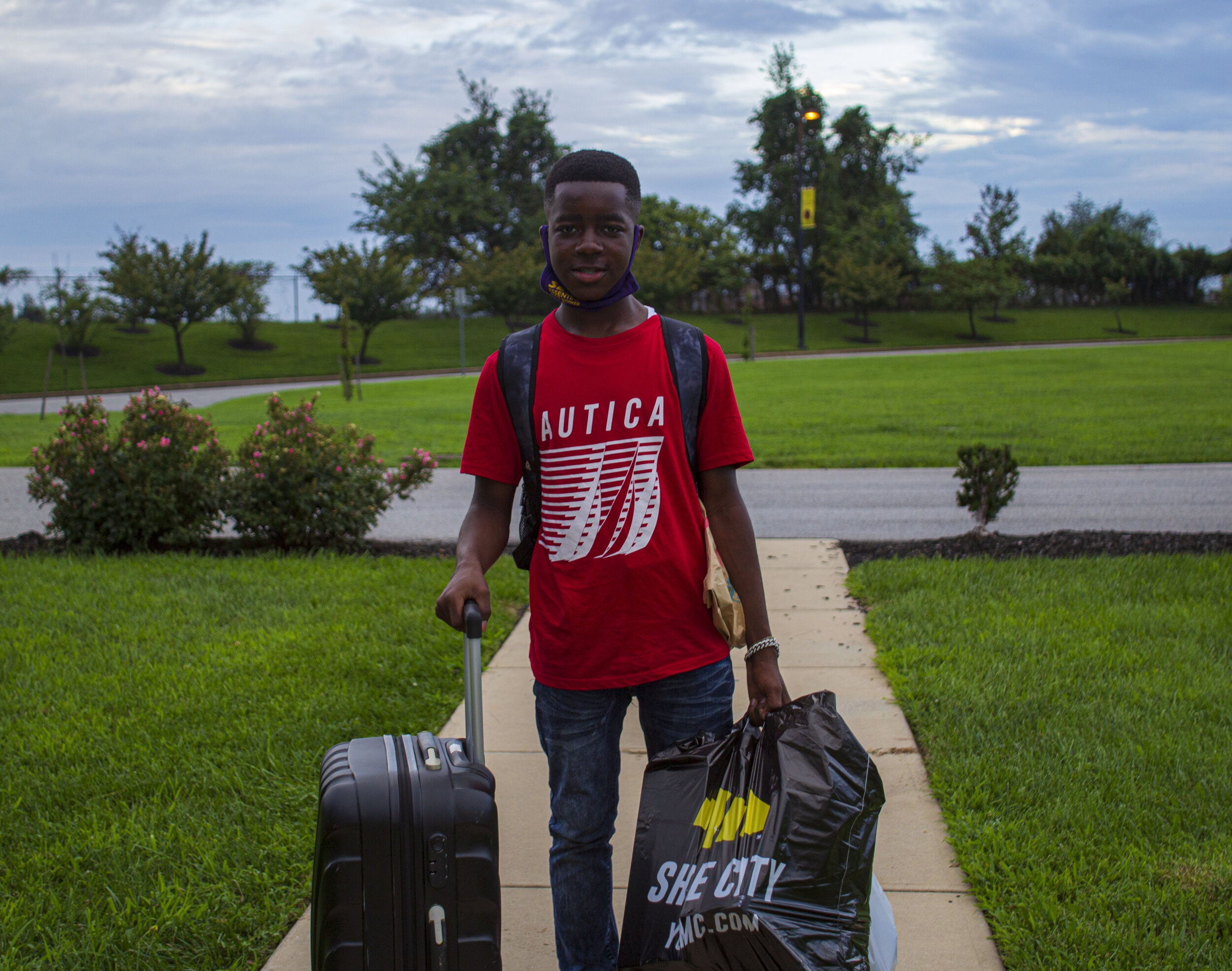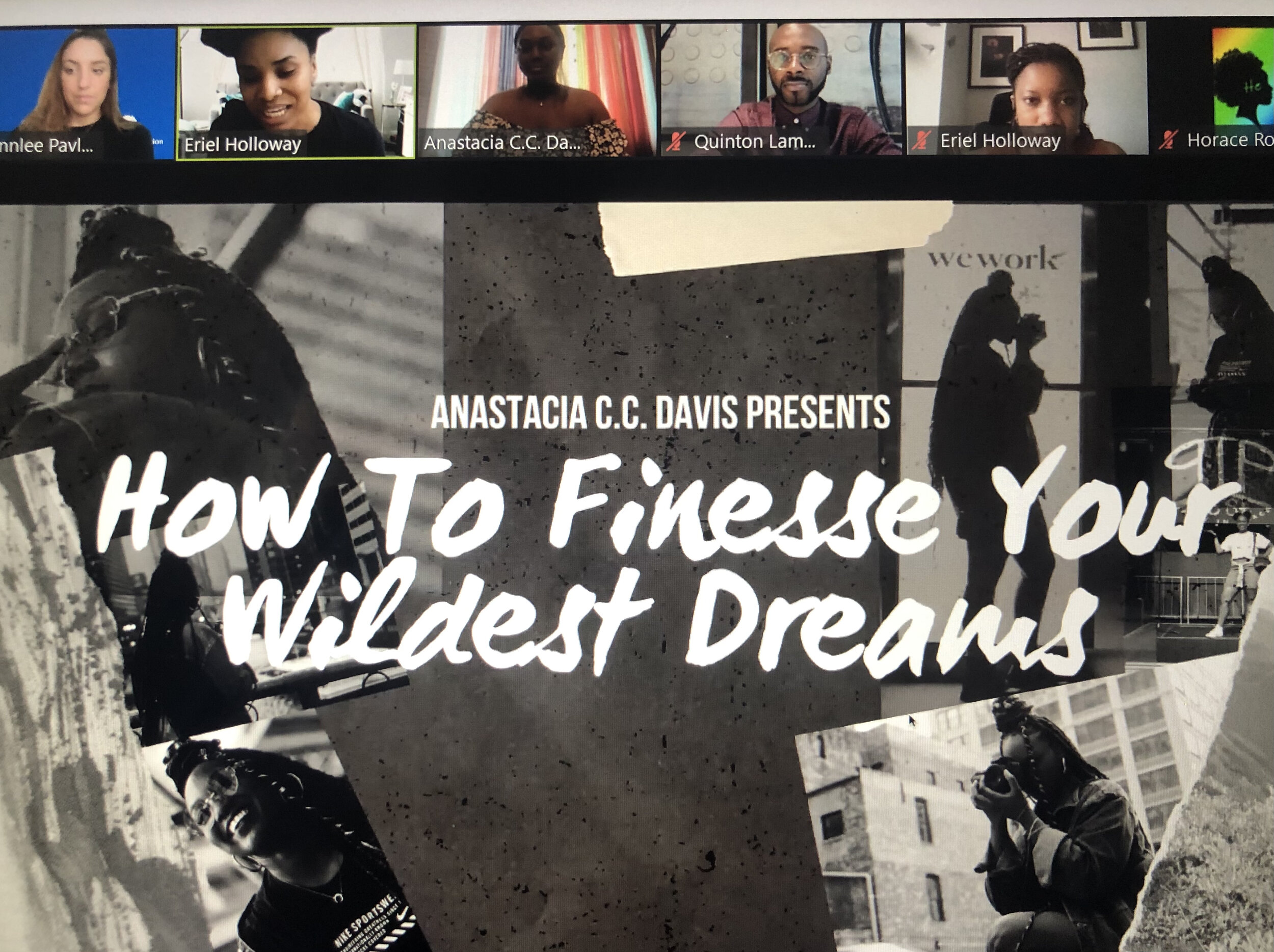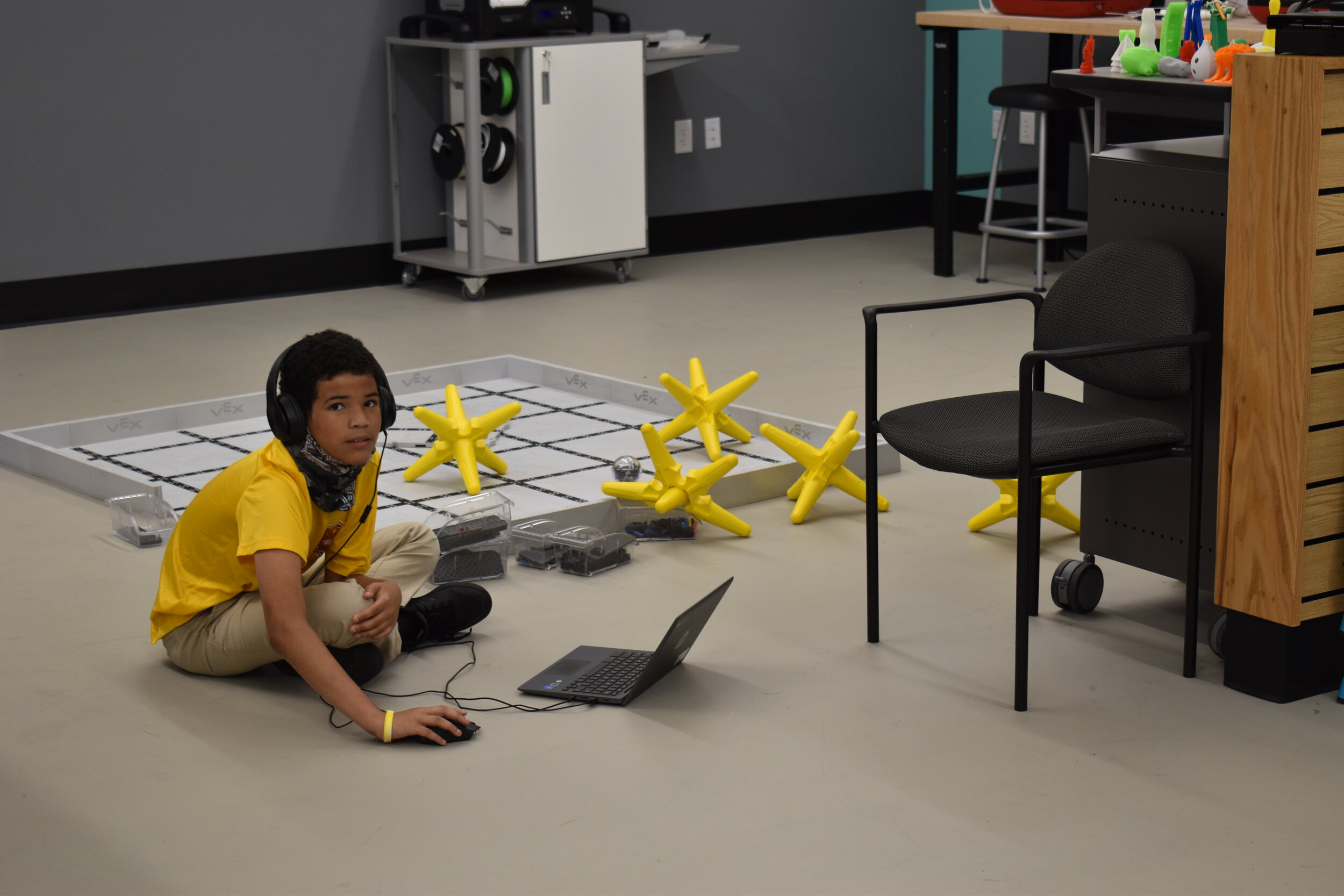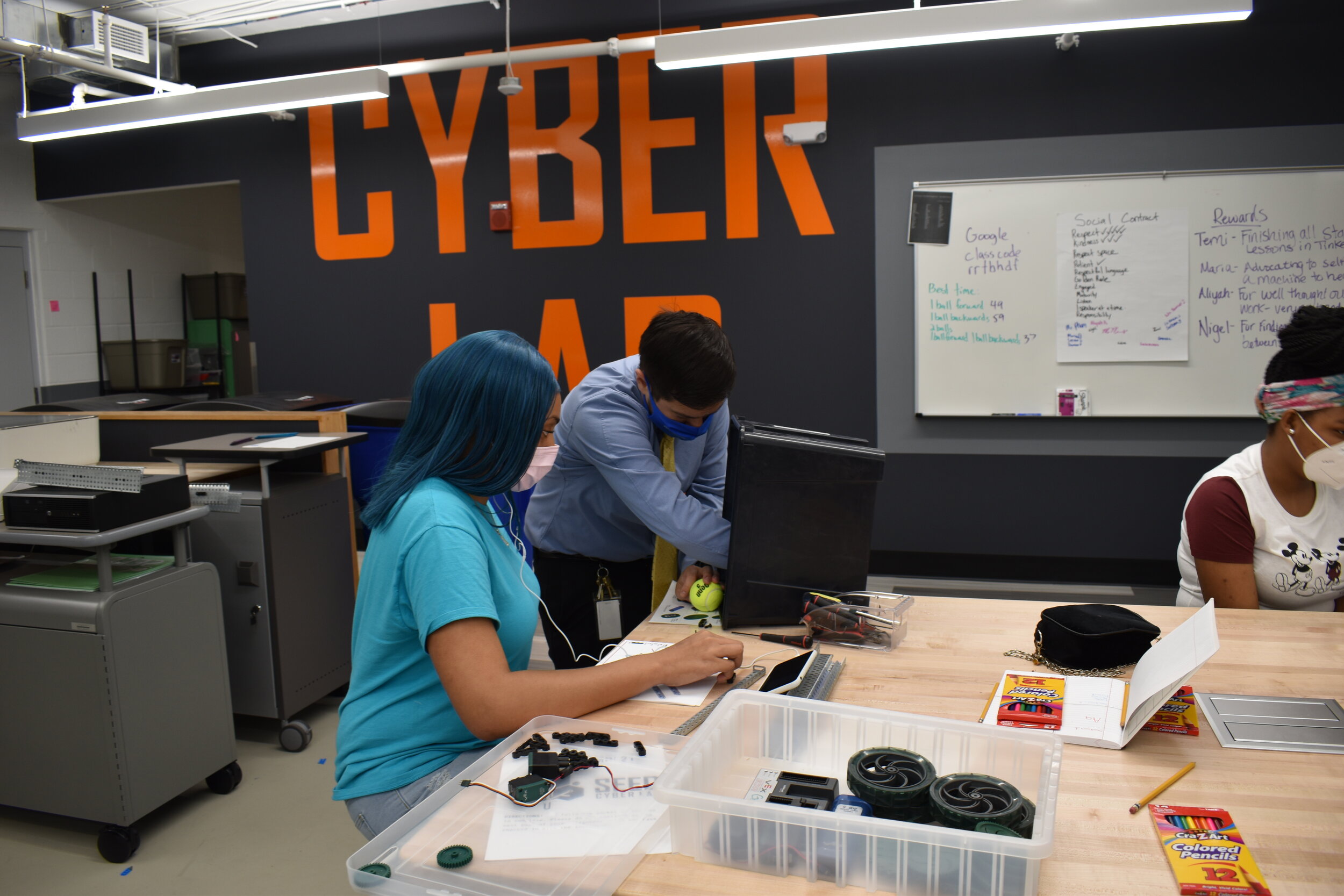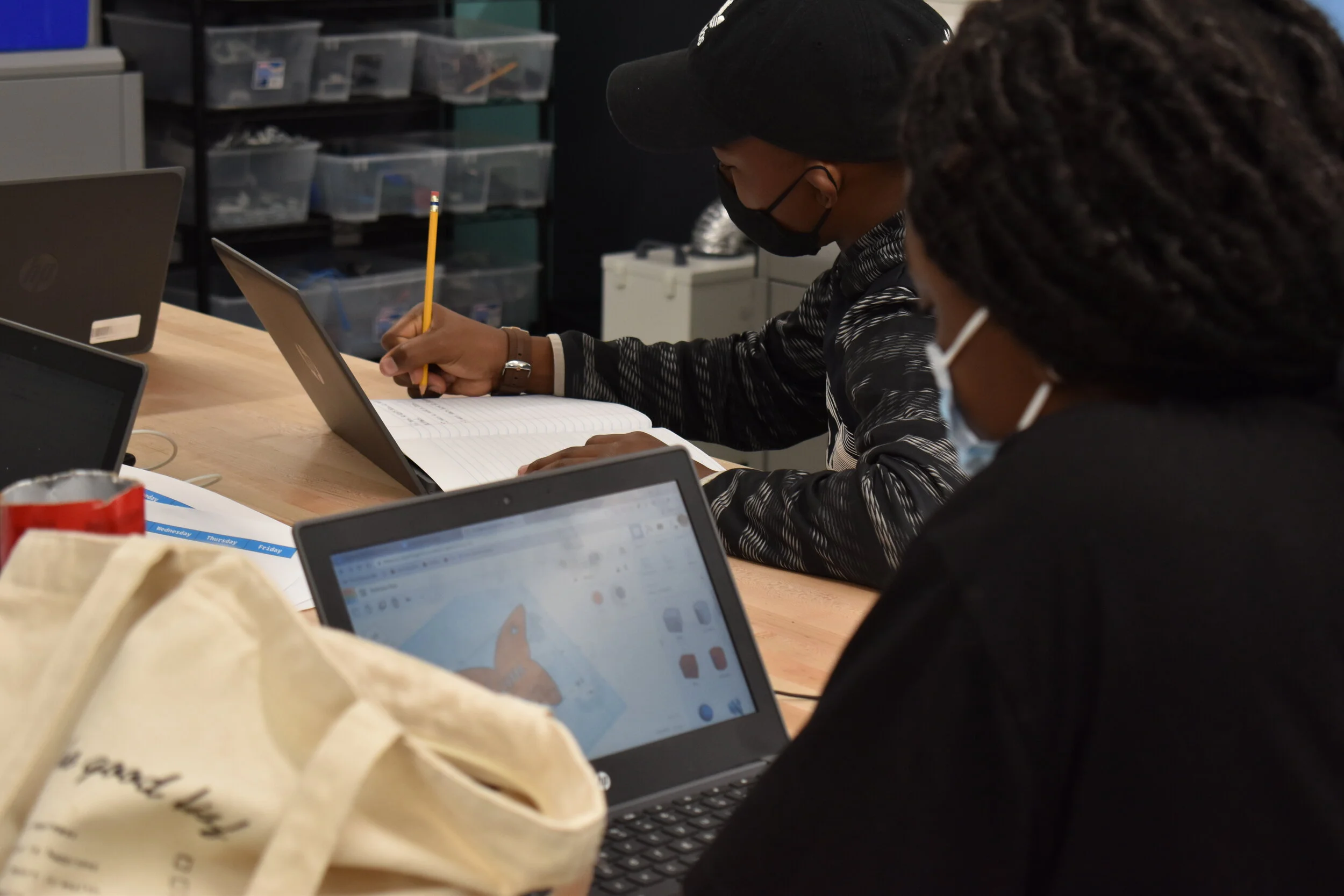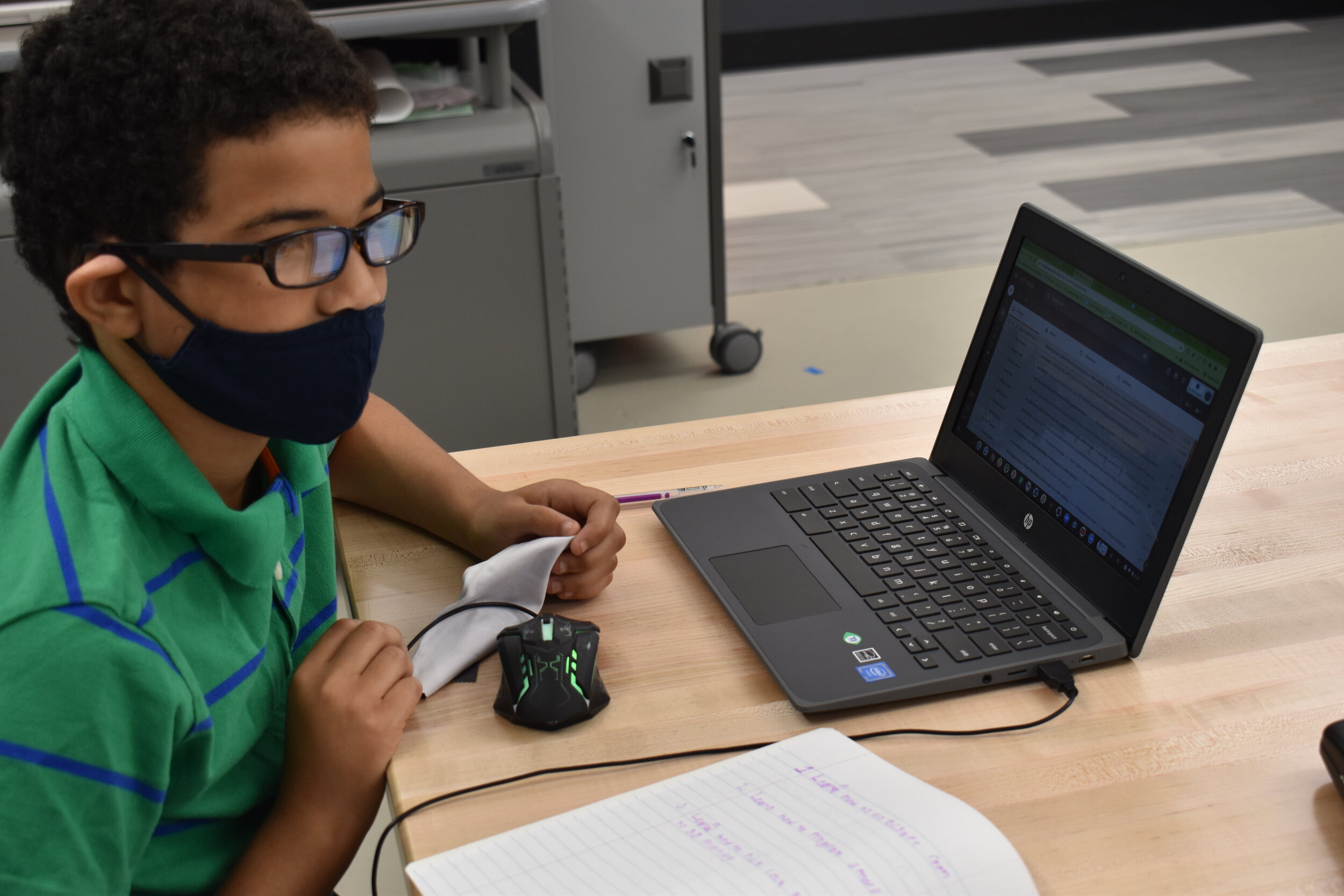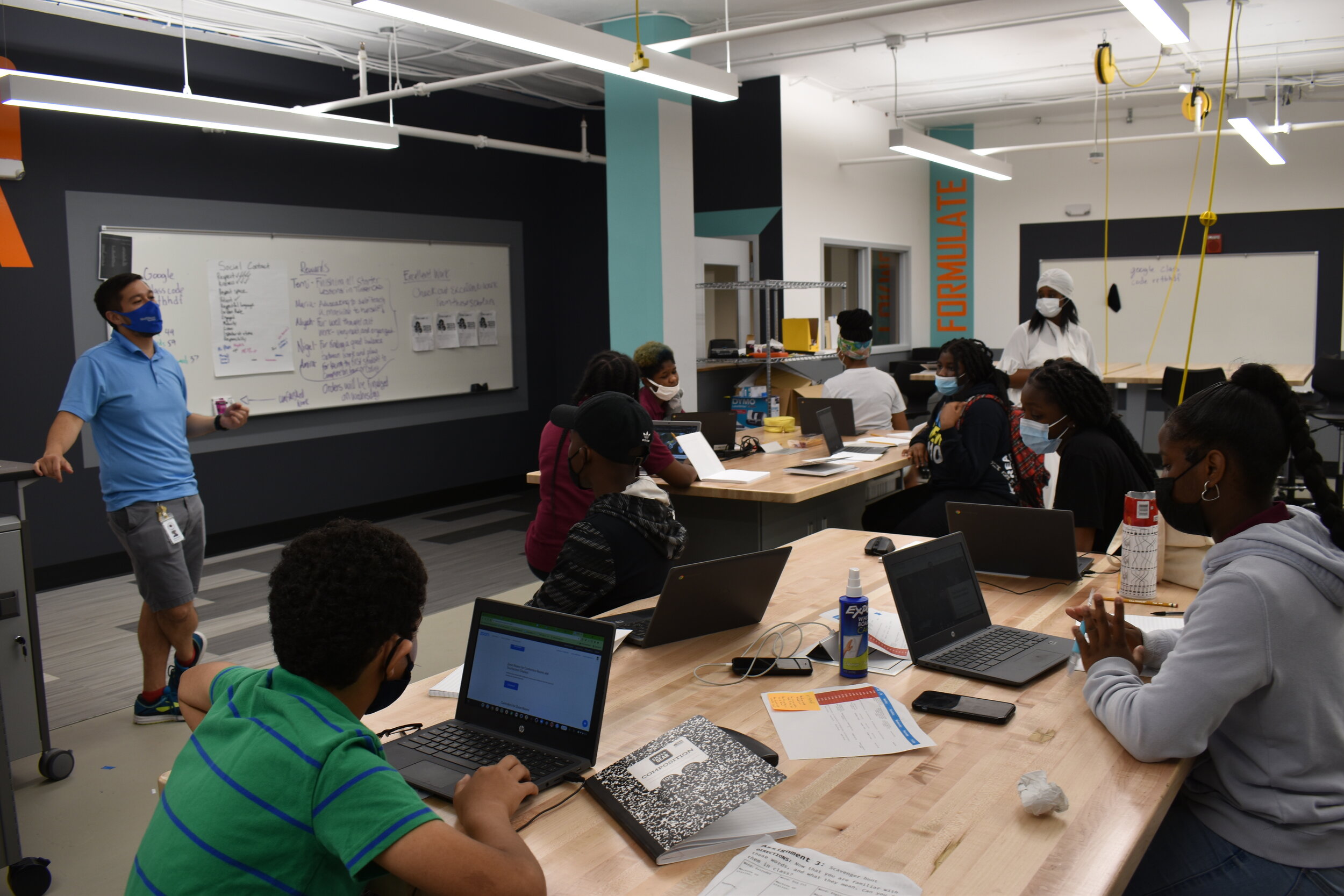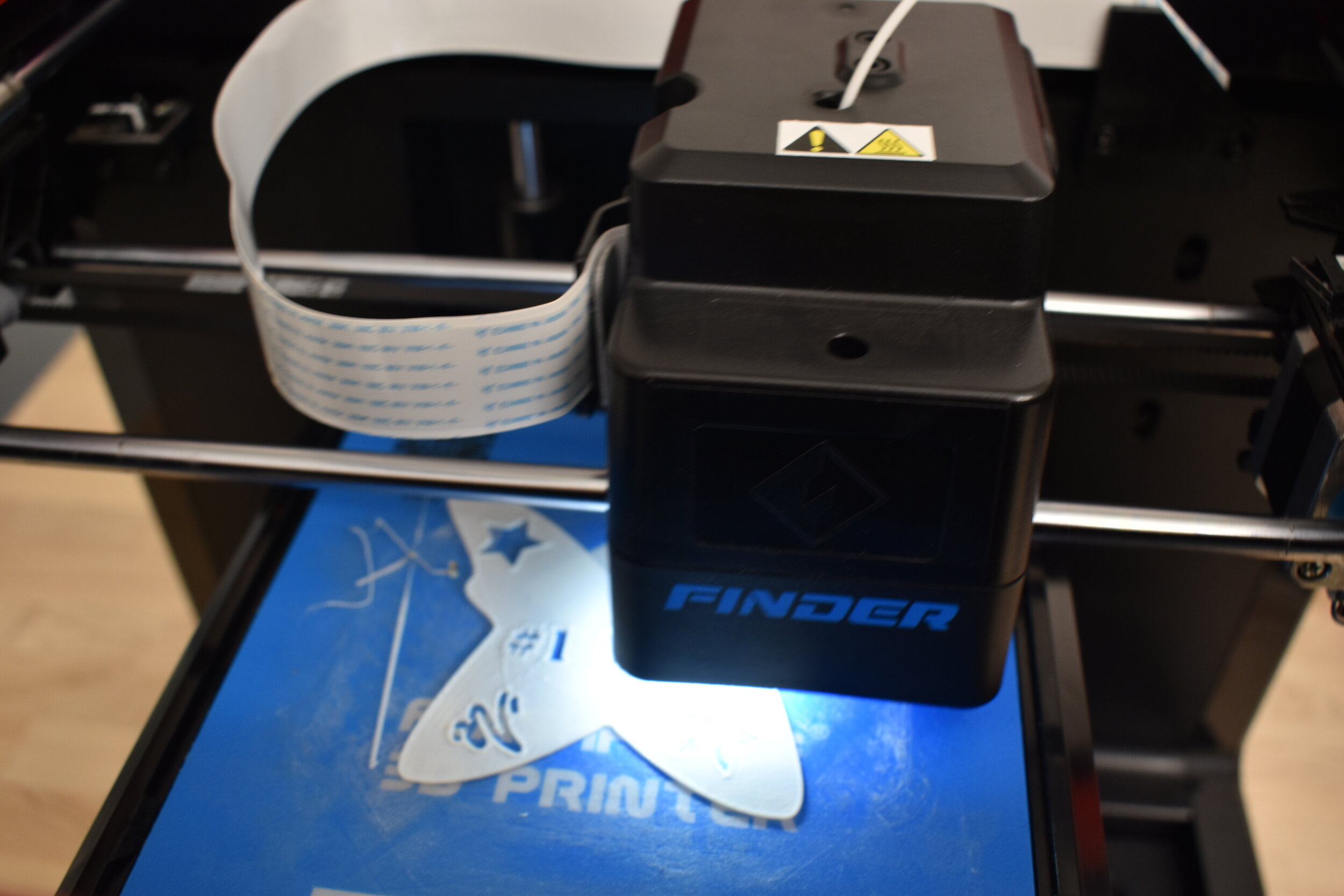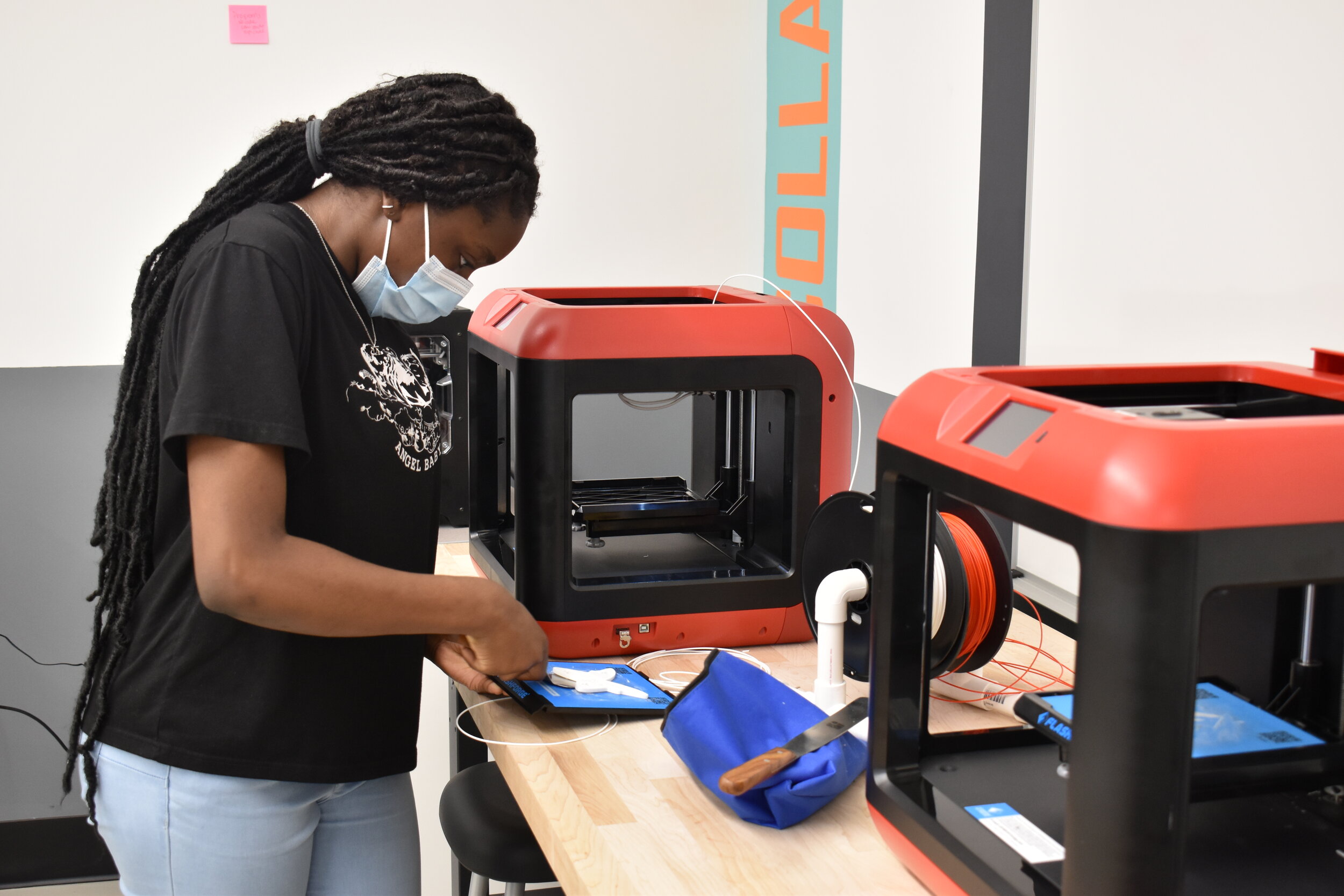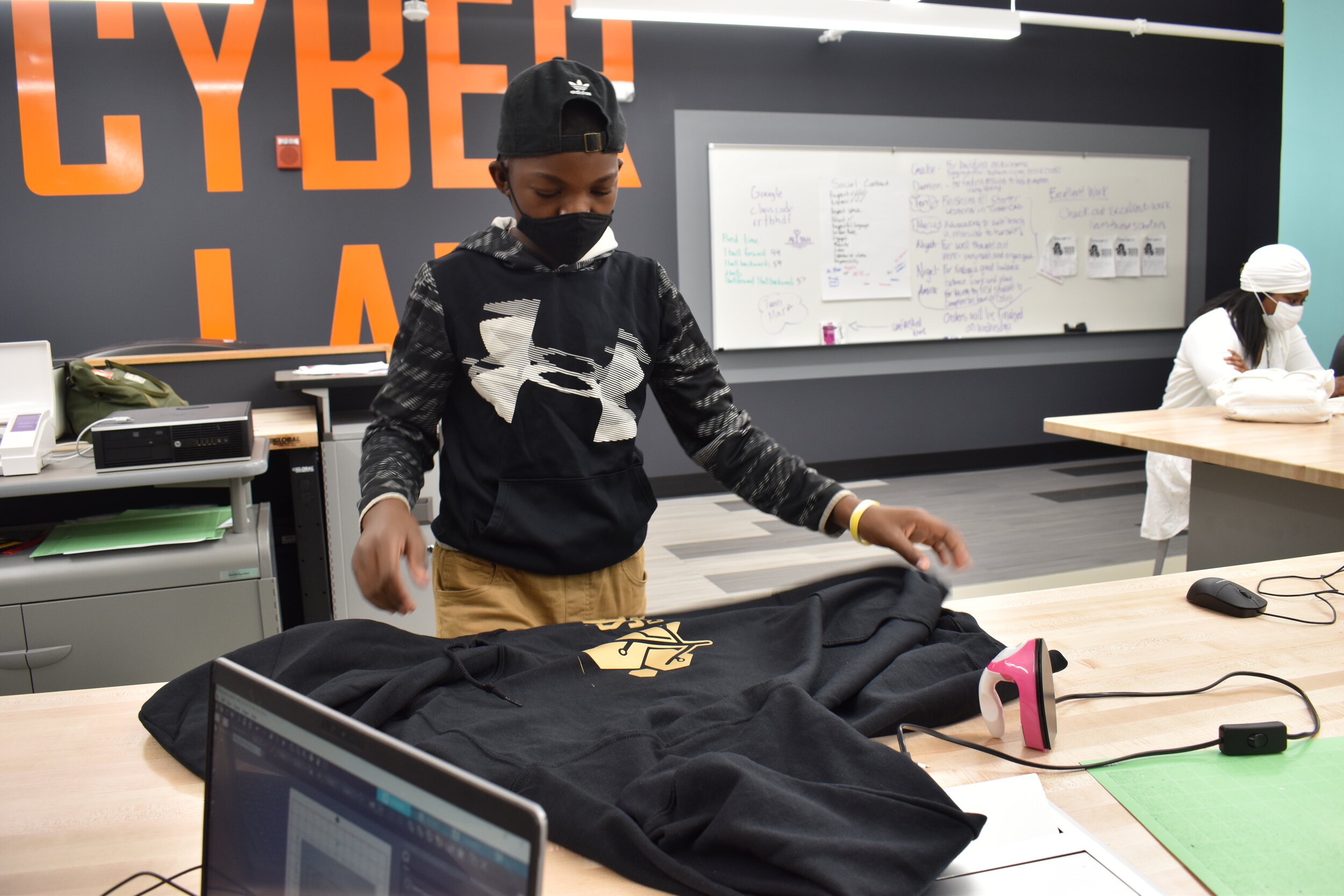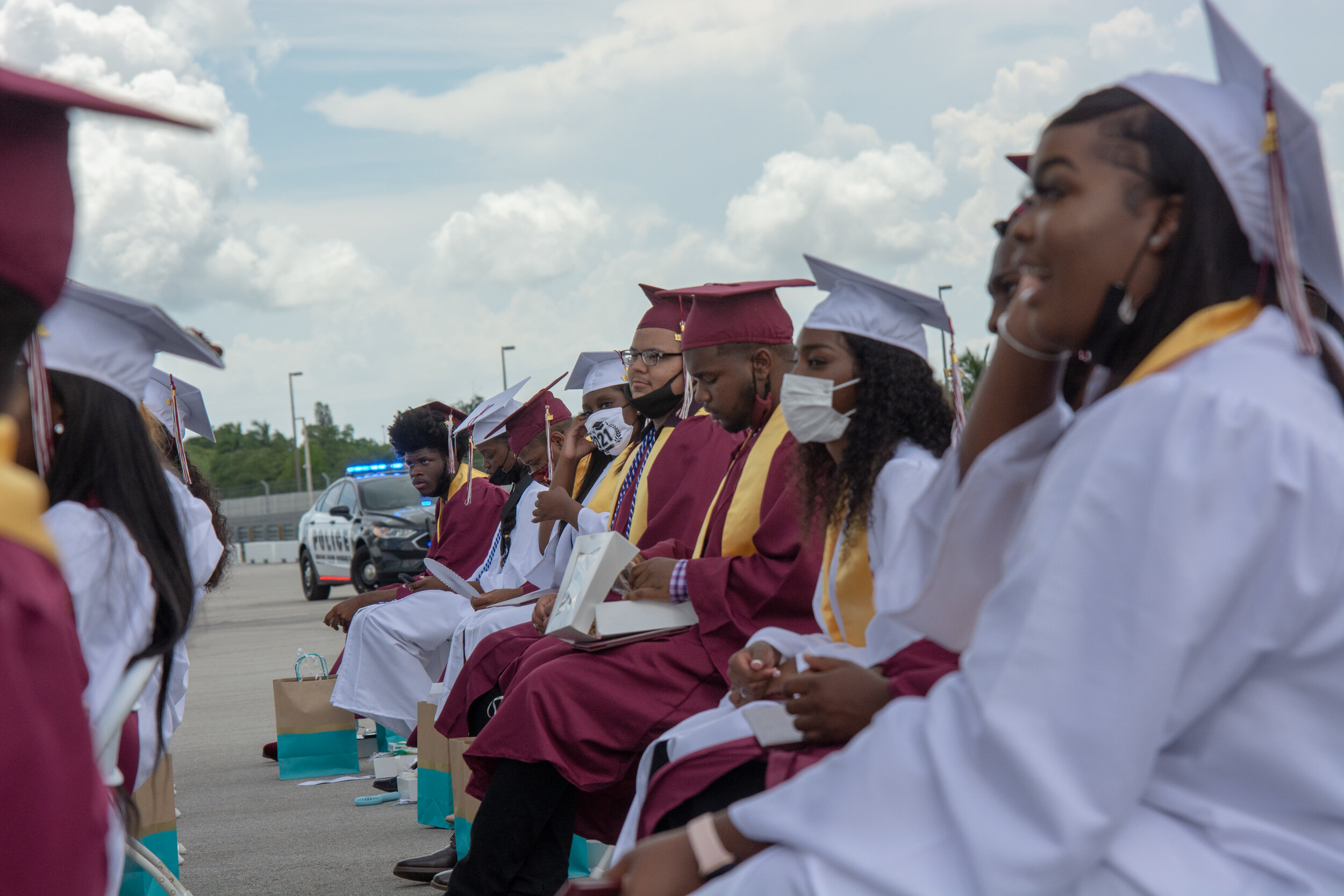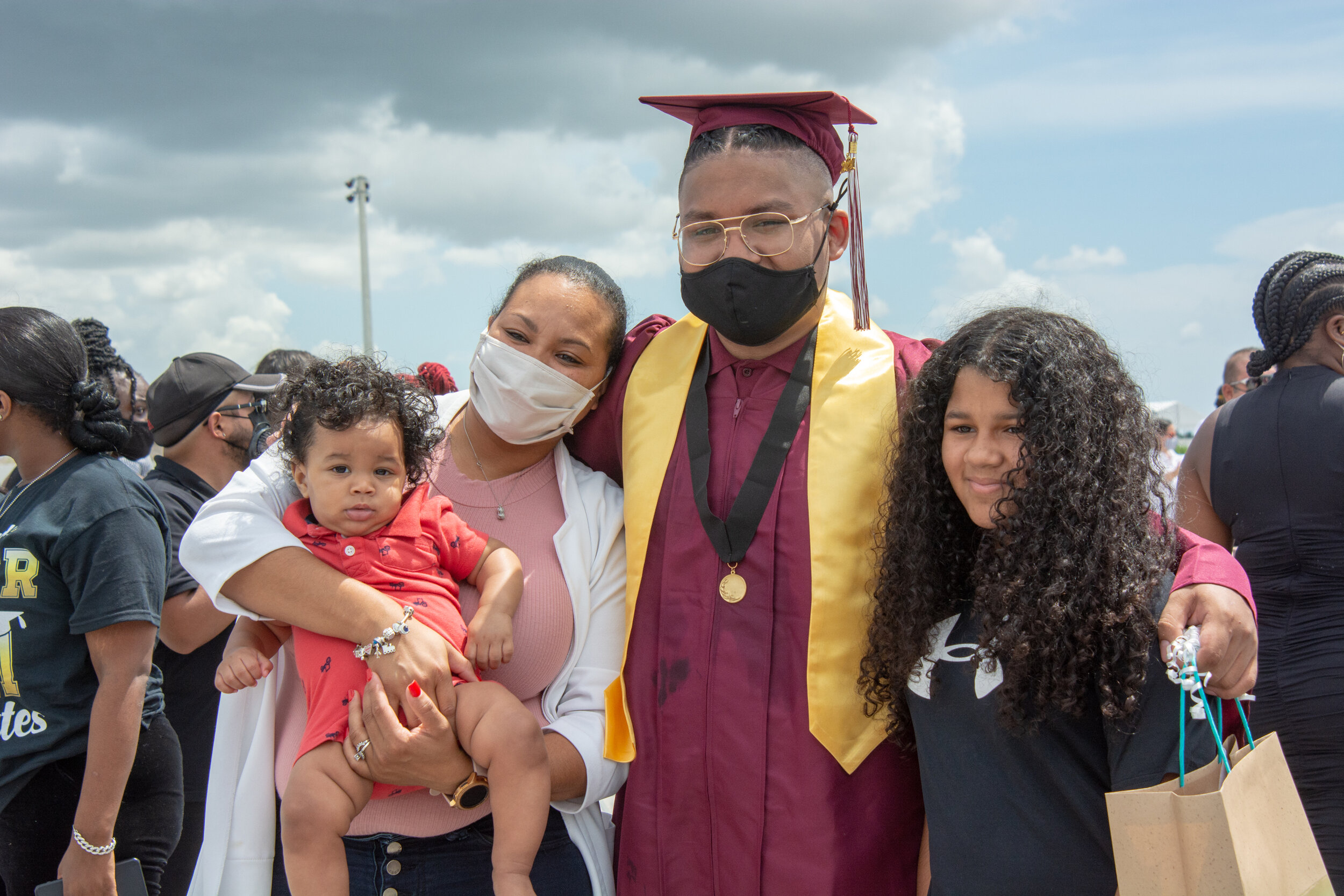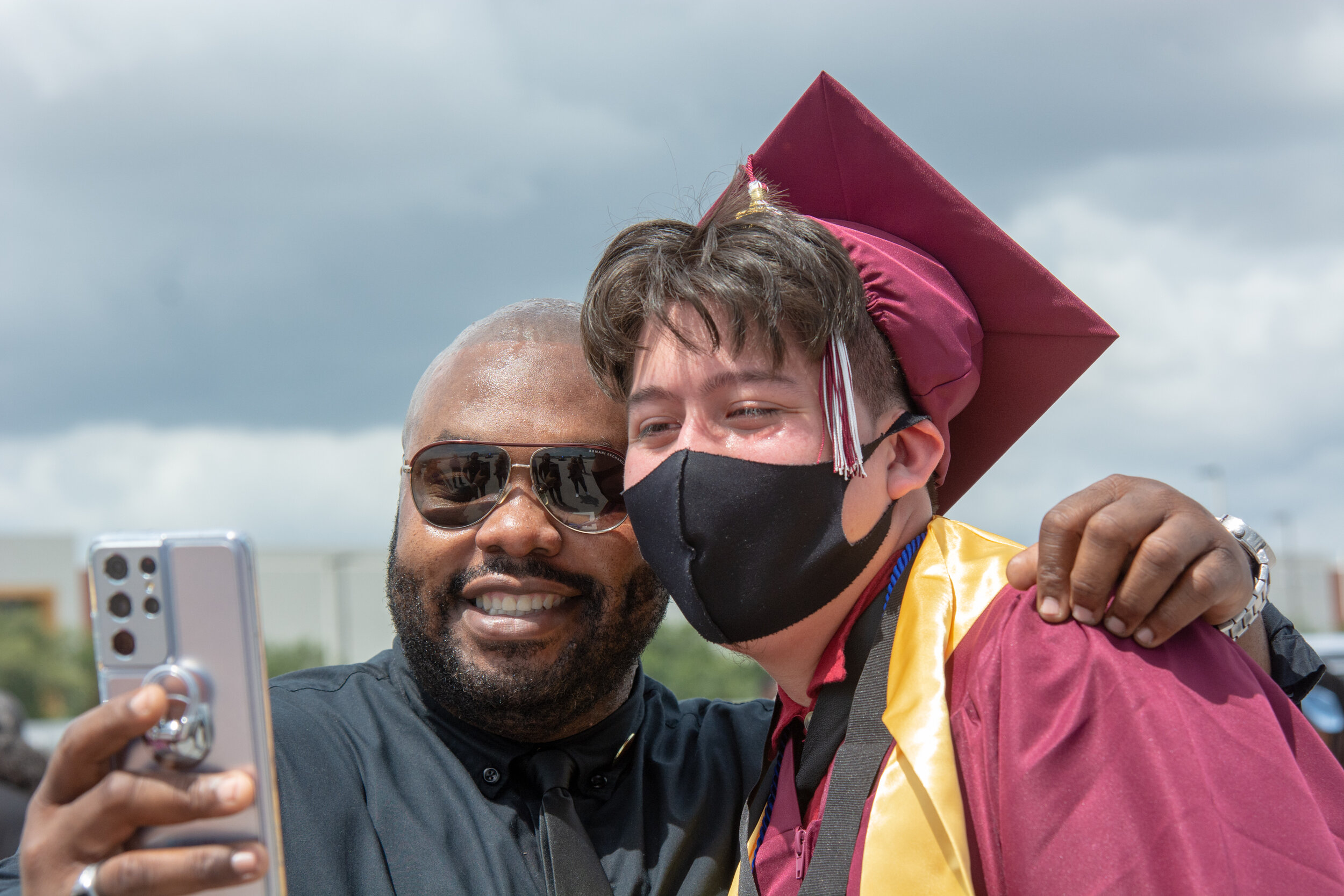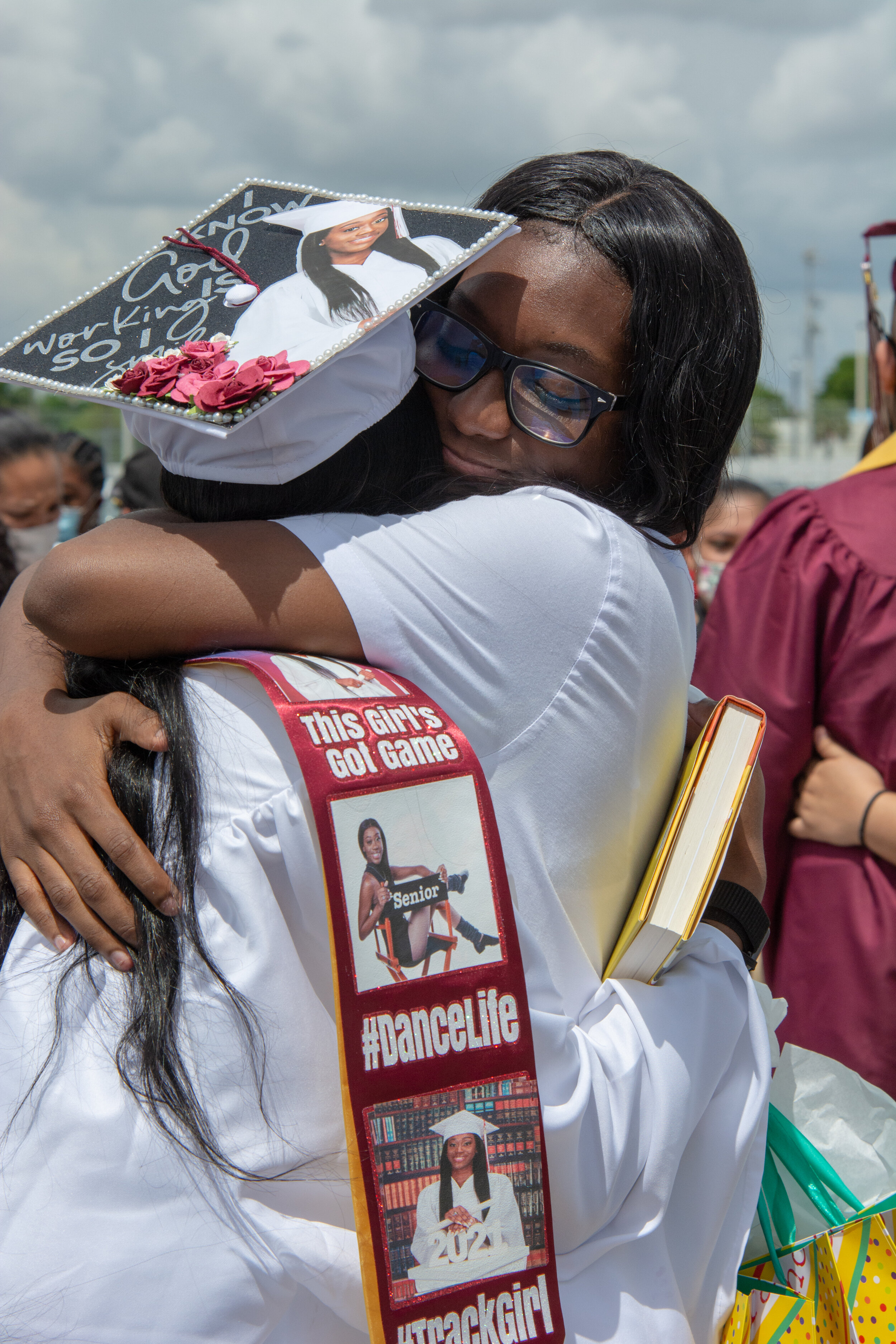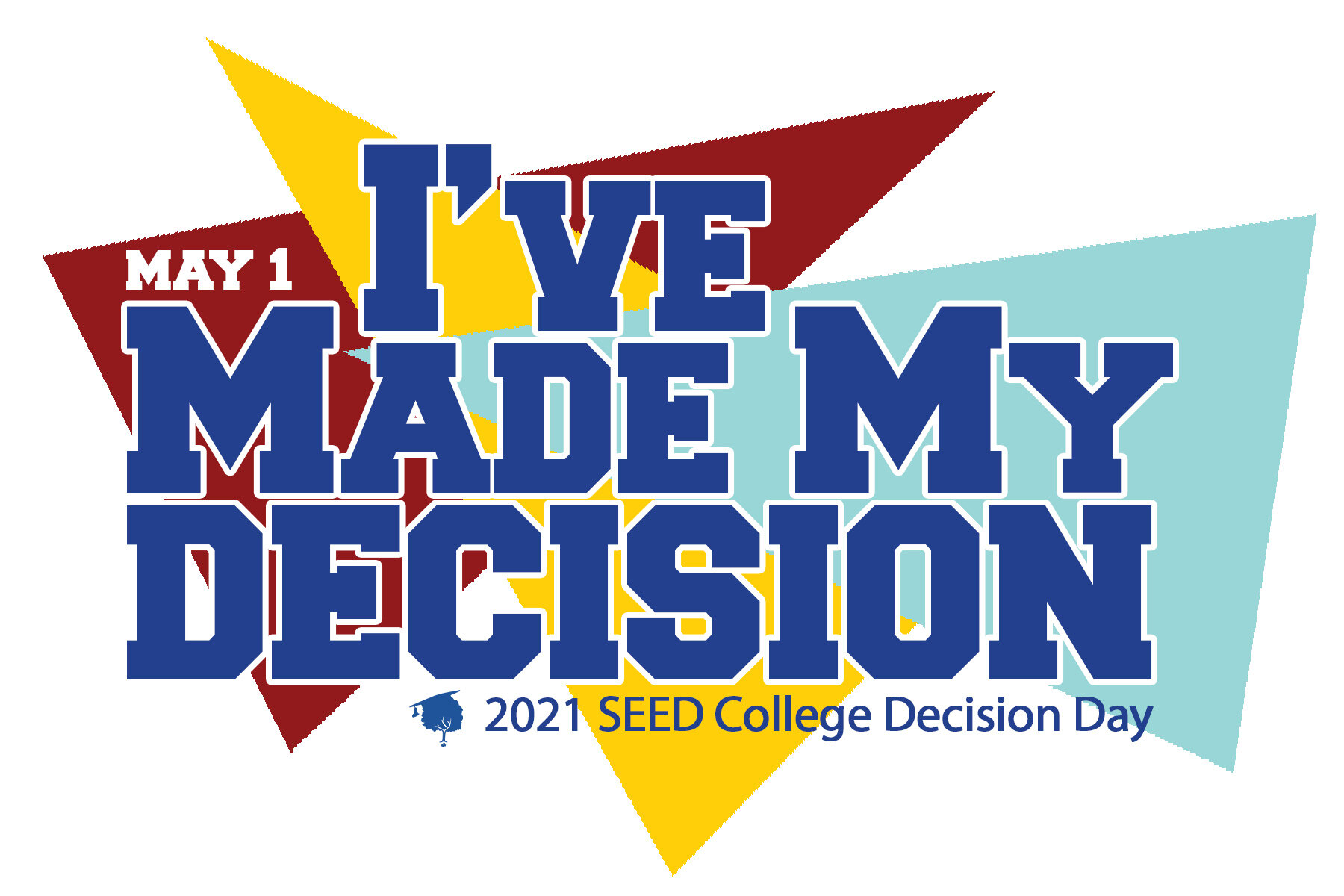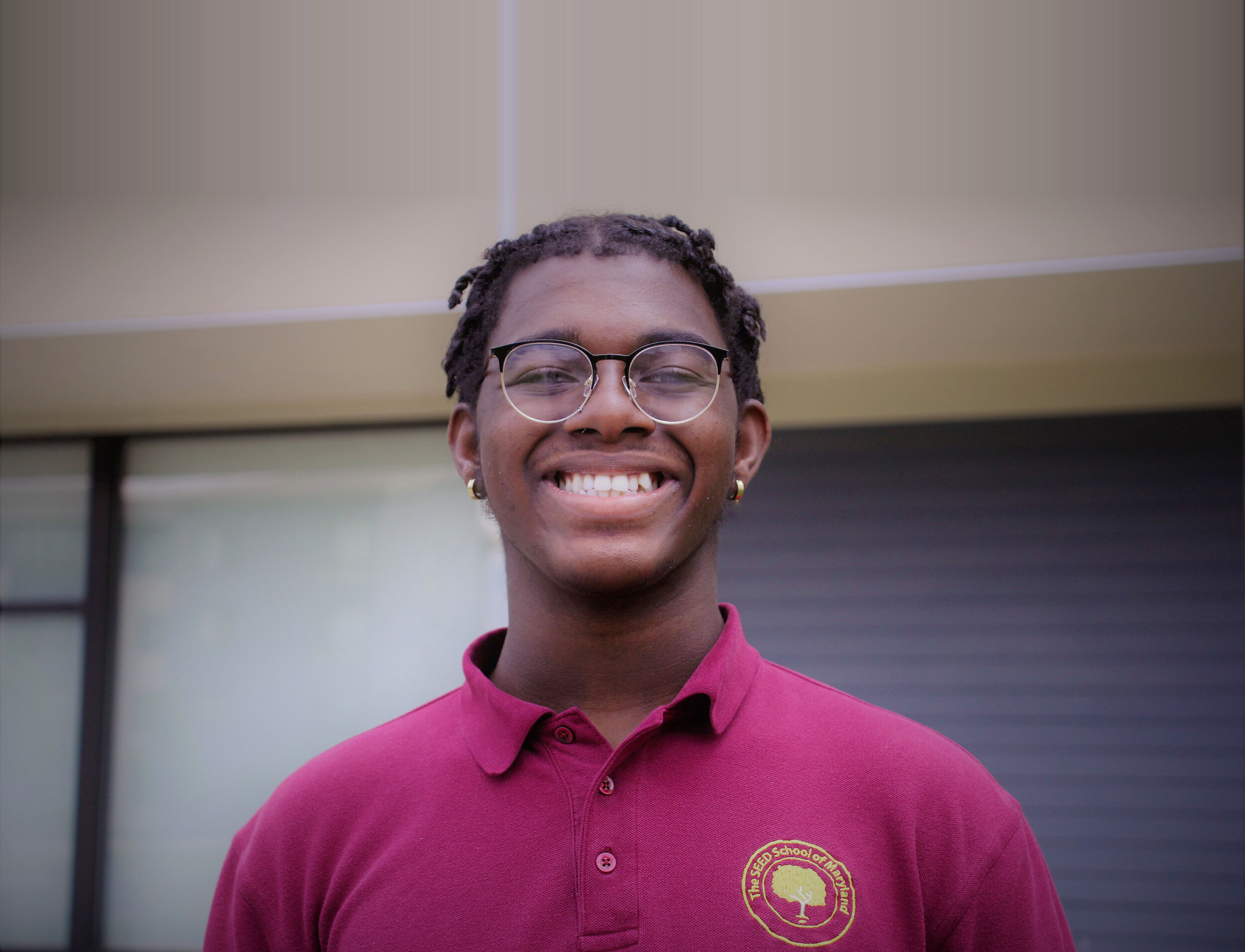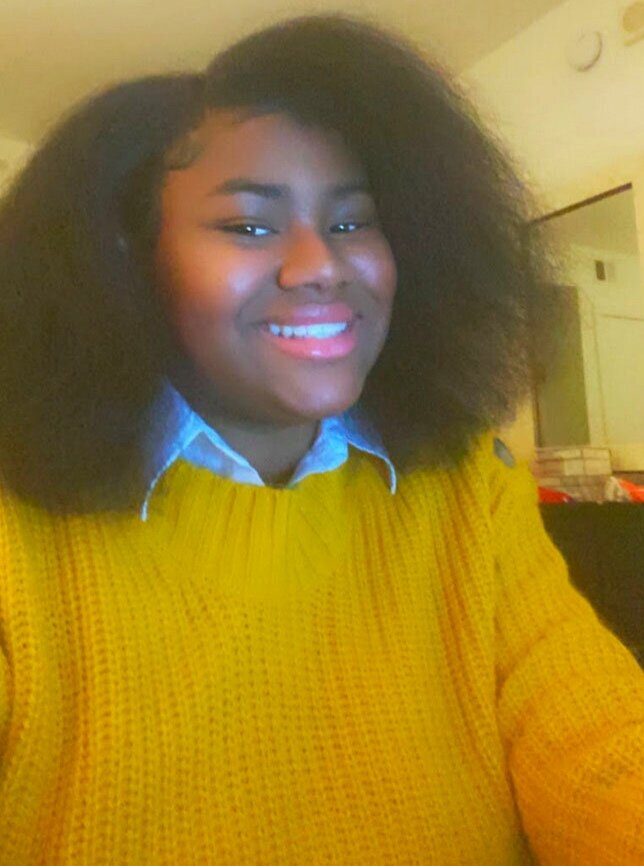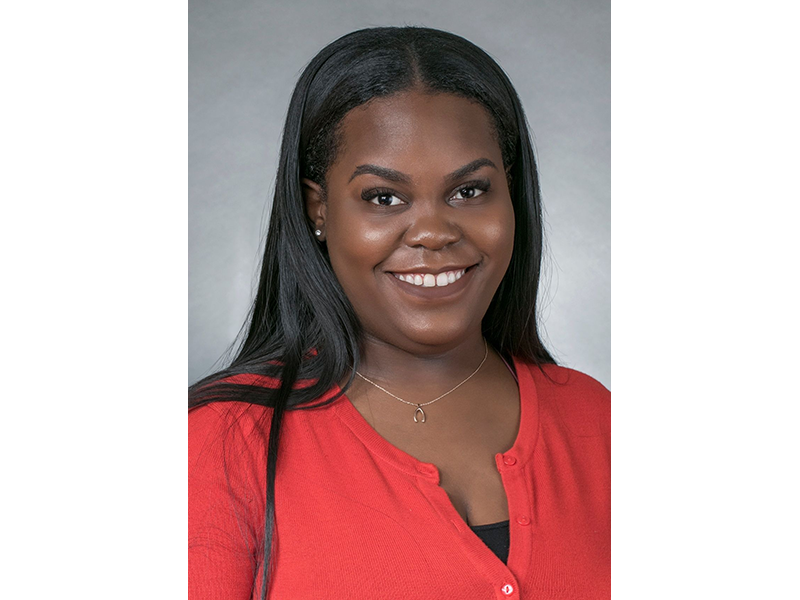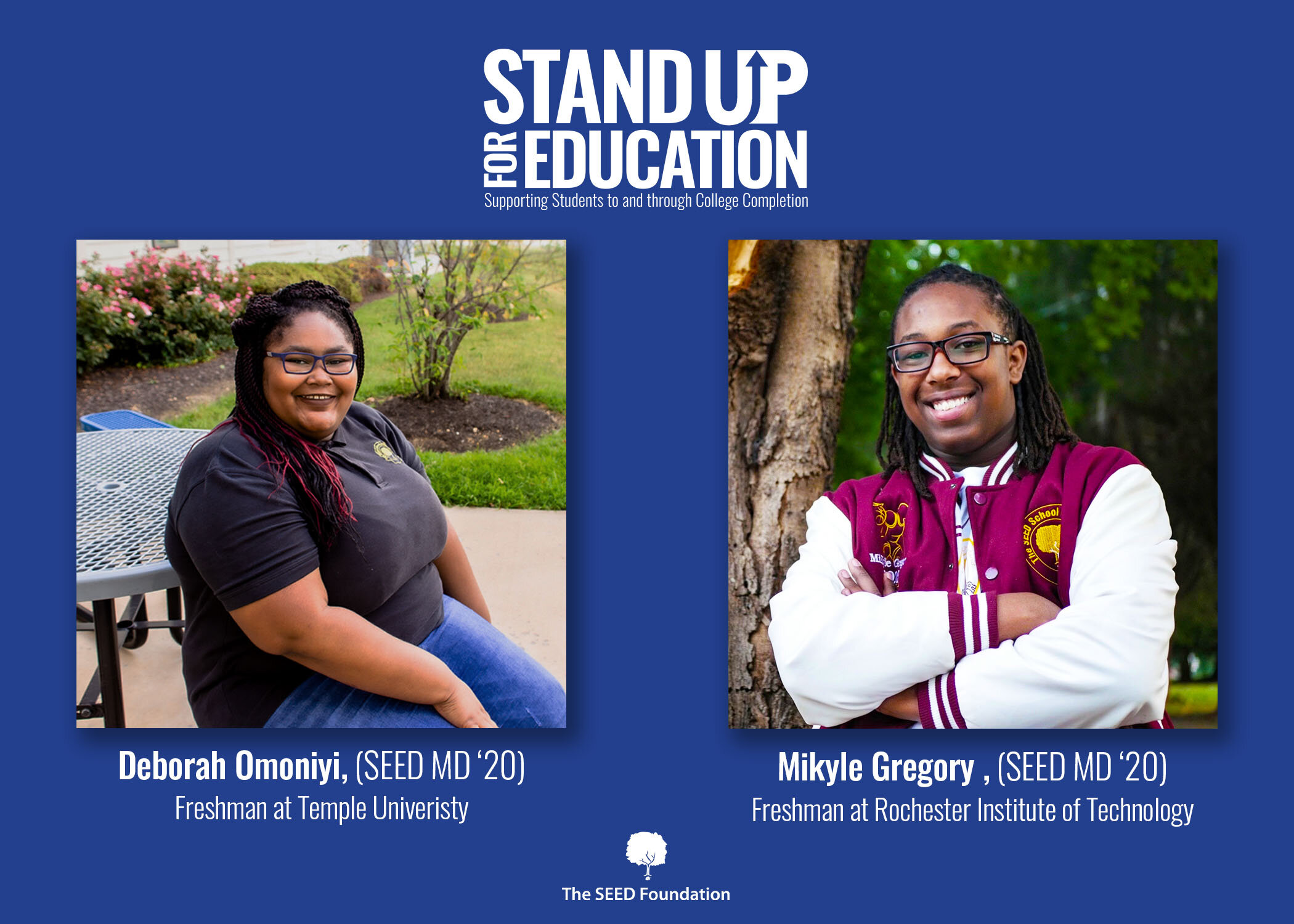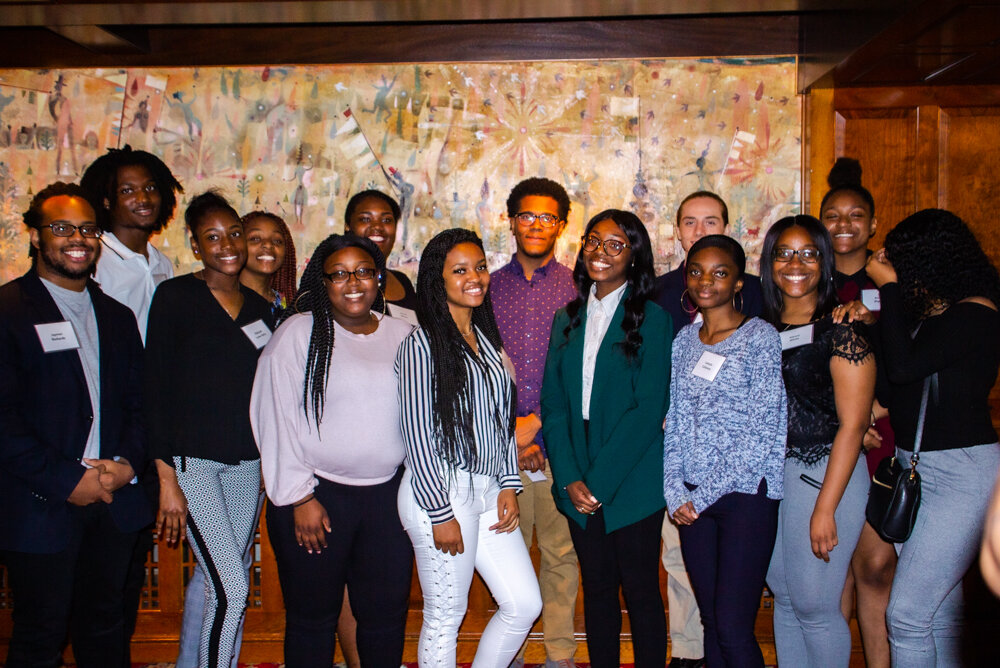SEED Class of 2020 Students Reflect on Freshman Year During a Pandemic
SEED students envision their college experiences for years before they set foot on campus at the college of their choice. During their time at SEED, our scholars reside in dorms named after colleges and universities across the country, get a firsthand look at college life through tours and workshops, intern and study abroad, and build the academic and social skills they will need to succeed in college and, ultimately, in their careers.
For the class of 2020, freshman year of college looked very different than what they had imagined. However, they have adjusted and are keeping focused on finishing their first year strong. Below, find out how two SEED graduates and recipients of The SEED Foundation Scholarship have navigated their unusual first year of college. While it has not been easy, they have made the most of their opportunities and have practiced true perseverance to stay on course.
Finding ways to stay connected:
College freshmen typically need guidance on how to balance their academics with their social life and extracurricular activities. SEED college success advisors support graduates as they navigate their newfound freedom and burgeoning interests by staying focused on their academic goals, practicing prioritization, and utilizing time management. This year, students faced the opposite—with access to socializing and activities limited, they had to manage quarantines and feelings of isolation.
Deborah Omoniyi (SEED MD ’20) started at Temple University this fall, where she’s focusing on cybersecurity. Her first semester was the furthest from her hopes for freshman year. She missed out on Temple University traditions such as Welcome Week, which typically consists of small and large events that help new students connect and explore the campus, as well as many other engagement events. On top of this, after just two weeks in her dormitory, she had to pack up and move back home, where she finished the rest of the semester.
It was challenging. “Just the social impact. I basically had no friends. It was just eat, sleep, go online.” As someone who was used to being around people, she found it isolating. But she also used the time to become more comfortable with being by herself and to reflect on what she wants to do with her future. “It’s definitely affected me negatively, but it’s also helped me focus on what’s important.”
Second semester has been an improvement for Deborah. With safety measures in place, including frequent testing, Temple welcomed students back to campus, and Deborah is now taking a combination of online and in-person classes. “I love being able to explore Philly, and I’m making new friends.” She was also selected to be on Temple’s Owl Team—students who serve as ambassadors to prospective and incoming students. While she’s currently meeting with students and families via Instagram and Zoom, next year she hopes to be welcoming the incoming freshman class in person, the way she had hoped to be received this year.
Mikyle Gregory (SEED MD ’20) did not go into his freshman year at Rochester Institute of Technology with high social expectations. In fact, he said, “I didn’t think I was going to make any friends freshman year.” However, since he has been on campus, he has formed close friendships with other students in his residence hall. Next year, he plans to live off campus with some of these new friends.
Advocating for themselves:
Prior to making their final college decisions, our seniors are guided to enroll at right fit colleges and universities, those with high graduation rates, high-quality campus supports, and generous financial aid packages. They are also encouraged to advocate for themselves and learn how and when to seek help. For example, Horace Robinson Jr., a college success advisor at The SEED Foundation, urges all his students to introduce themselves to their professors and attend office hours.
At SEED, students receive individualized support and attention from people invested in their success 24 hours a day, five days a week. In college, they must initiate and build those relationships on their own. “I go to office hours about two to three times a week. I also utilize their advising sessions or tutoring services,” Deborah says. The schools in which SEED’s scholarship recipients have chosen to enroll have extensive on-campus supports. These services have proved to be a tremendous asset and are key to helping our graduates persist.
Focusing on academics:
The shift to remote learning has impacted all students, with some finding it more challenging than others. Mr. Robinson saw some students struggle with online learning. “It can be harder to stay engaged academically. Unfortunately, some of my students did initially experience a drop in their grades.”
In the beginning, Mikyle was one of those students. “Honestly, some days it’s just hard to get up and sit in front of your laptop.” It took perseverance to move through that, he says. “I did struggle a little in the first semester, but I got back on track. I just remind myself that I want to succeed. It’s just about self-discipline.” His college success advisor supported him and kept reminding Mikyle to keep his eyes on the prize: a college degree.
Mikyle chose Rochester Institute of Technology because it’s an excellent technology school. He is majoring in computer engineering and is also very interested in the computer science classes he’s been taking. One of the things that The SEED Foundation Scholarship will enable him to do is get a new laptop to keep up with the rigorous and complex computer classes that he’s taking.
Deborah found her academics demanding as well, but she did her best to stay focused and move forward. “I took a full course load, six classes, and it was very difficult. But I set myself a schedule, and I created a space in my room where I could study.” Even taking a heavy course load and being challenged to find a place to study, Deborah met her goals of making the dean’s list and continuing to pursue her interest in cybersecurity.
Along with students across the country, Deborah and Mikyle had to make major adjustments to succeed in college this year. Having the support of their personal SEED advisor and the financial support of The SEED Foundation Scholarship has helped them stay focused on their goals and work through any setbacks.



